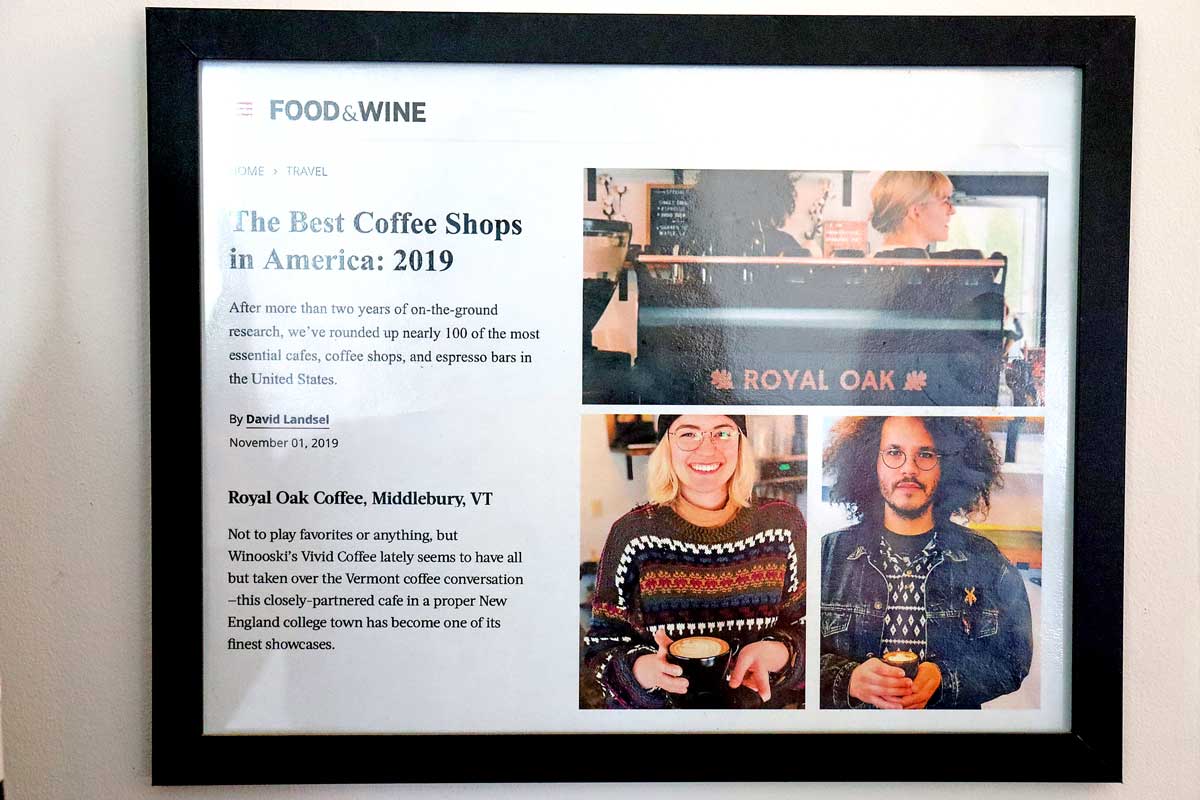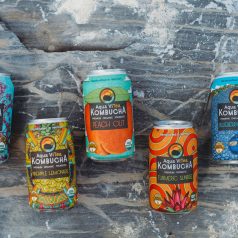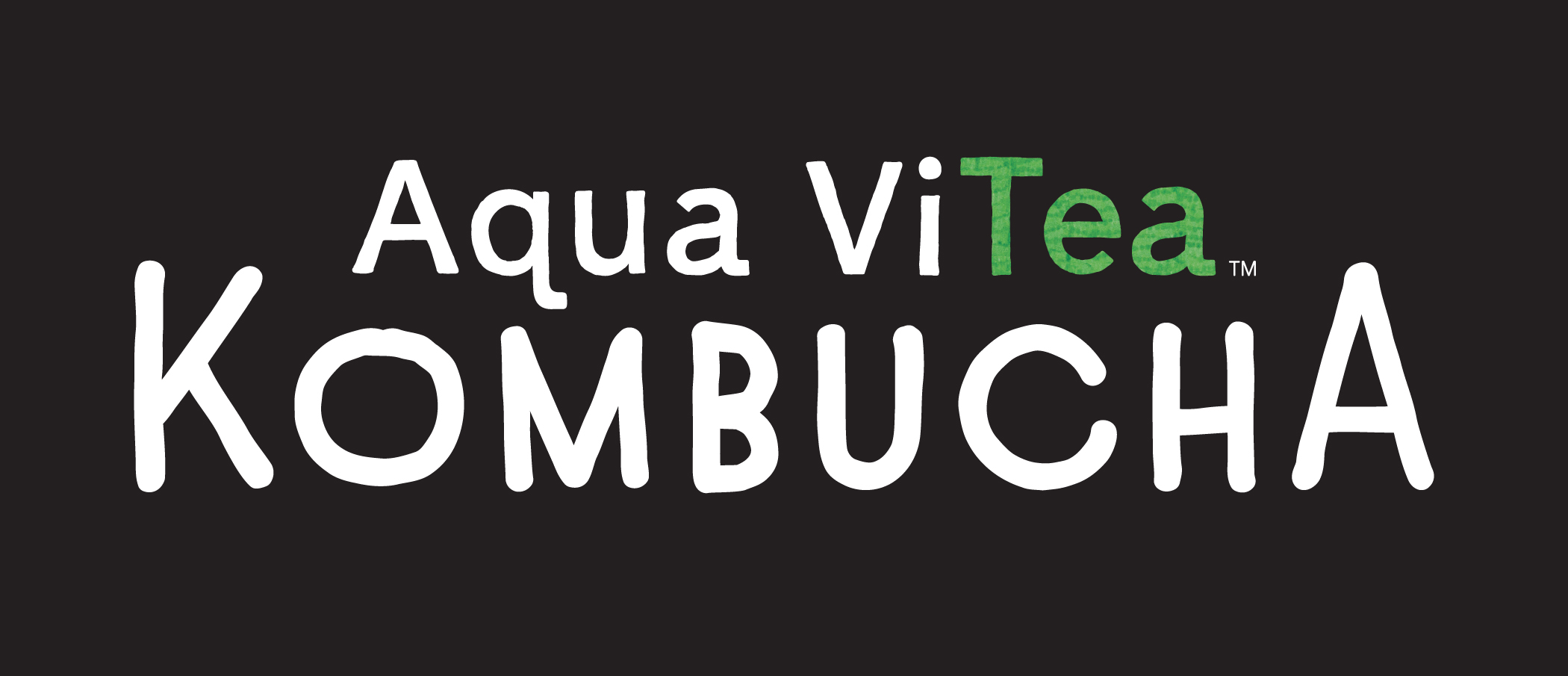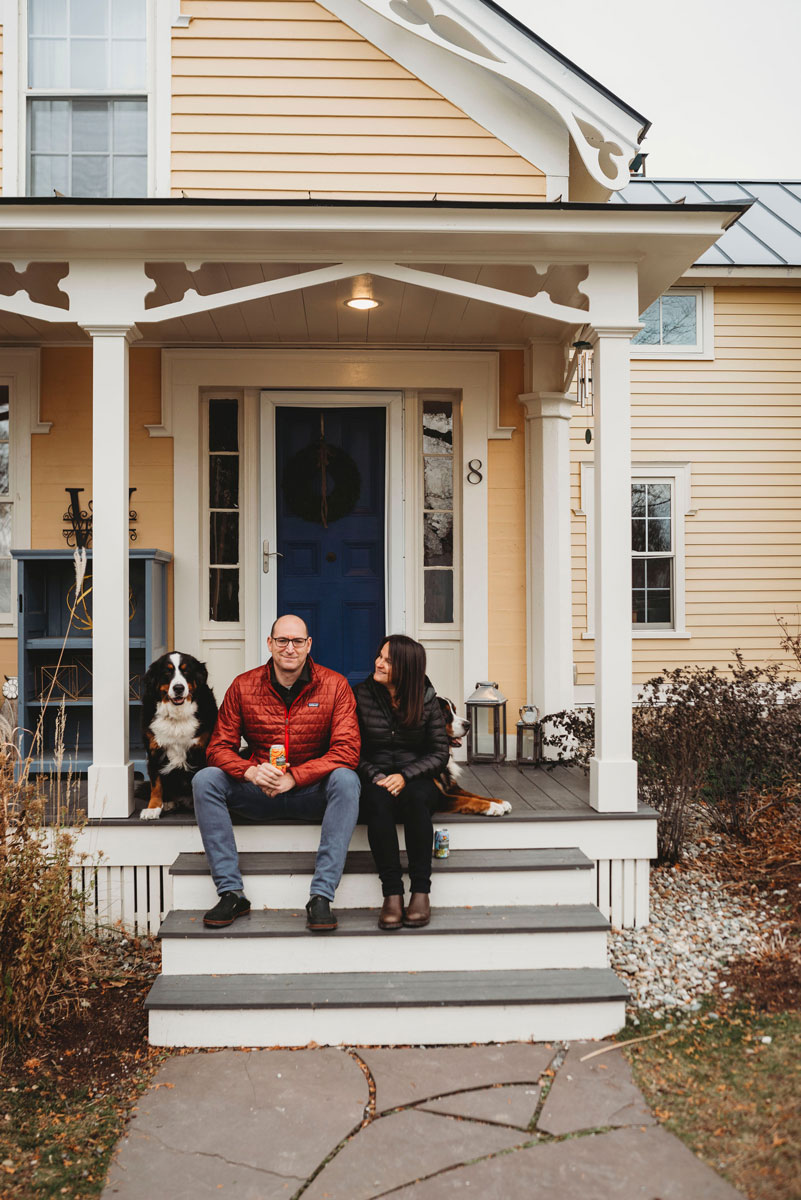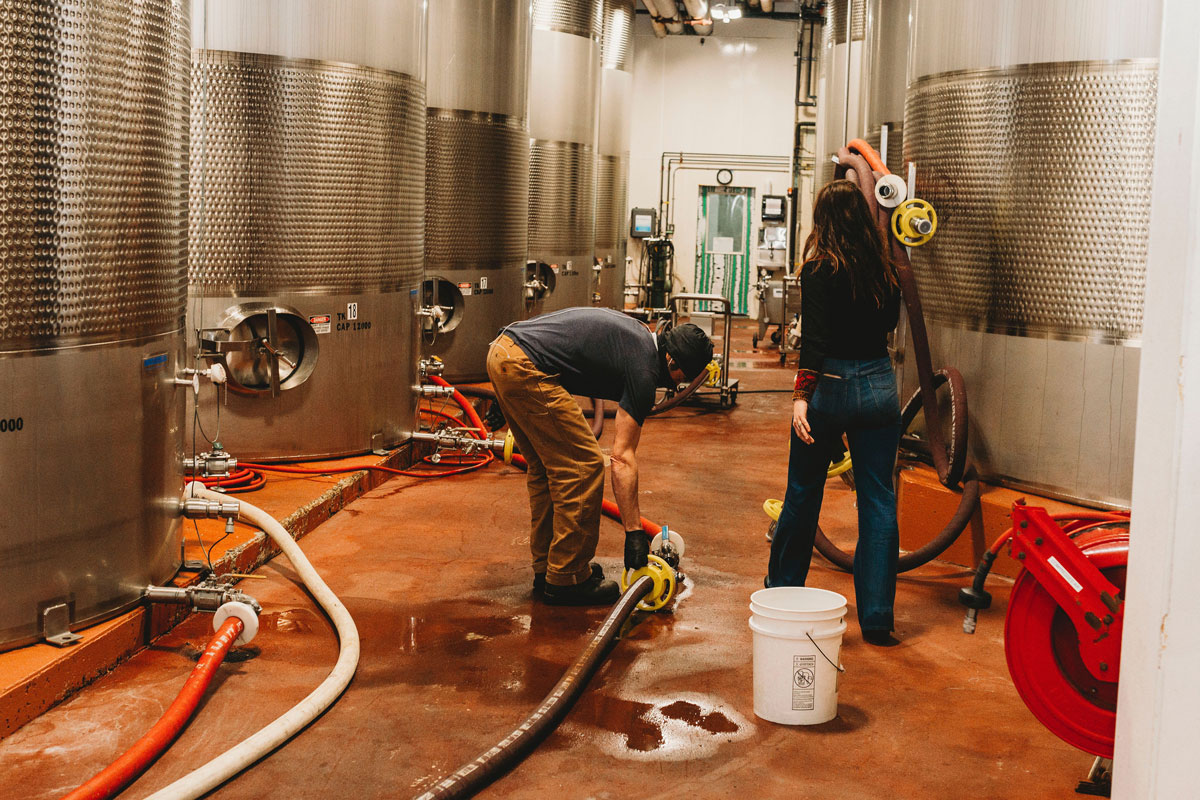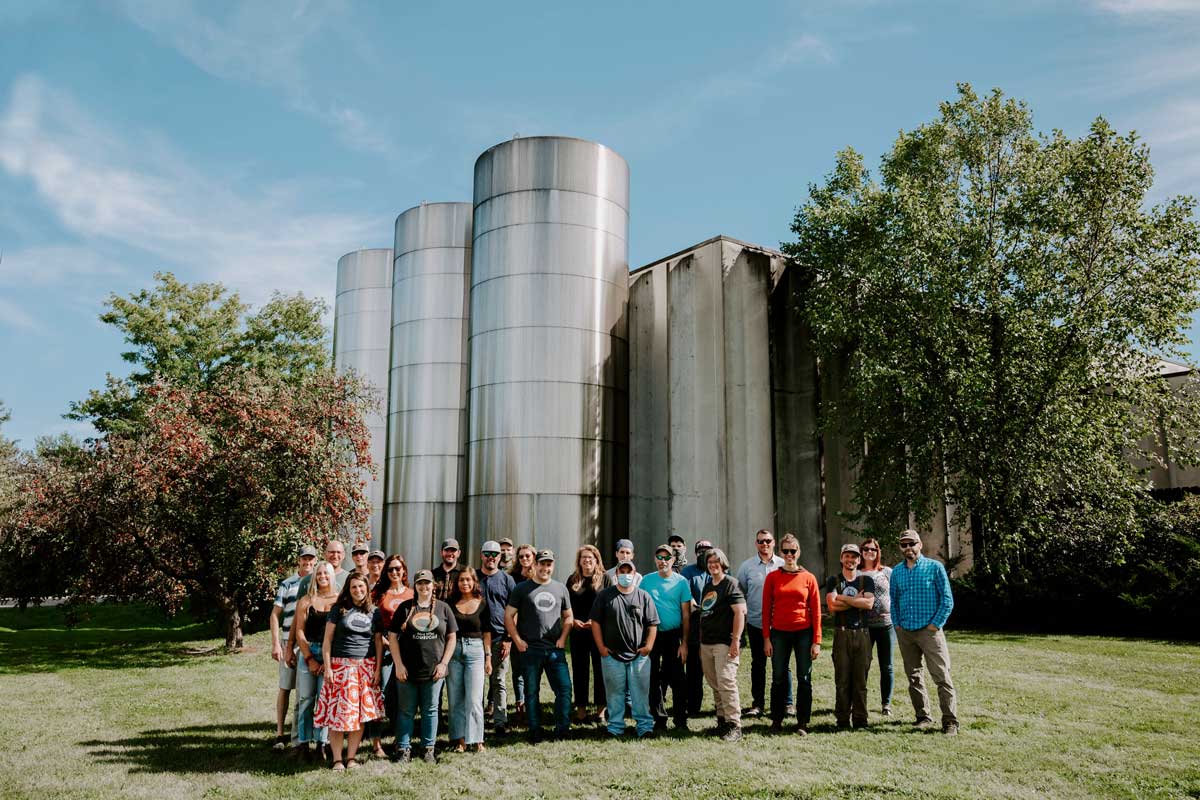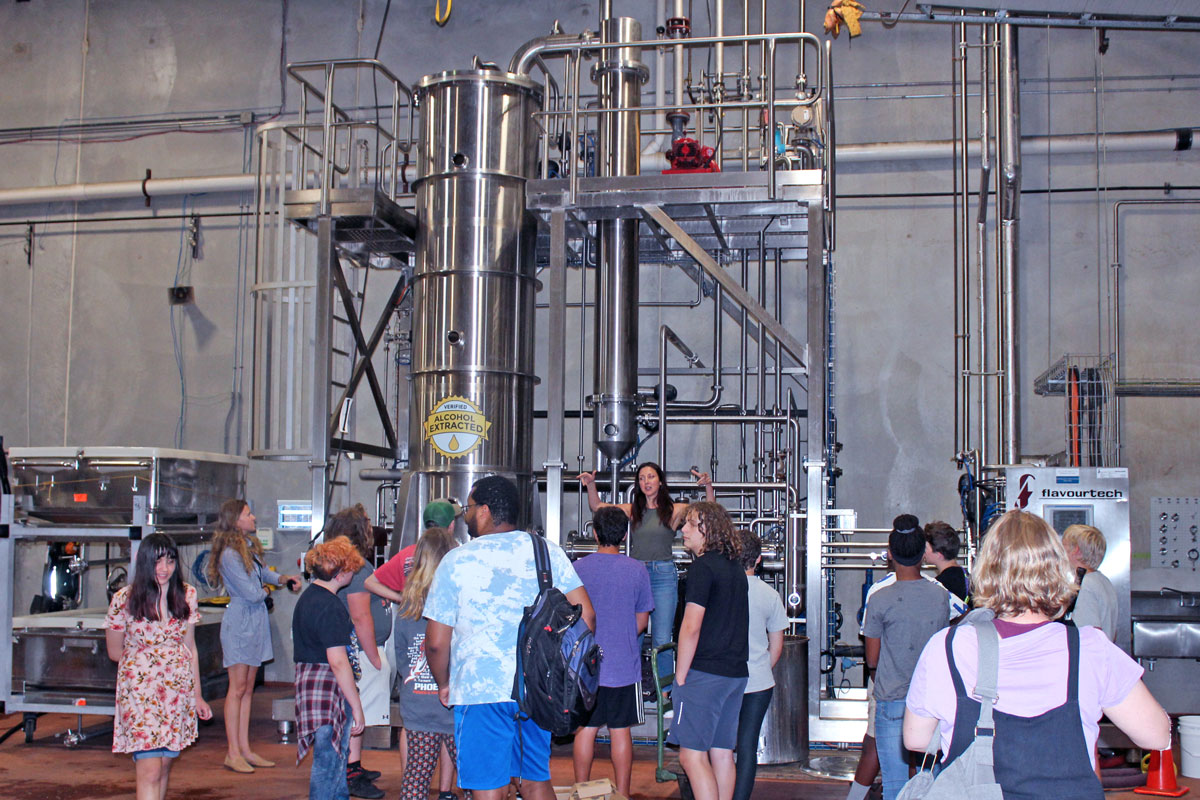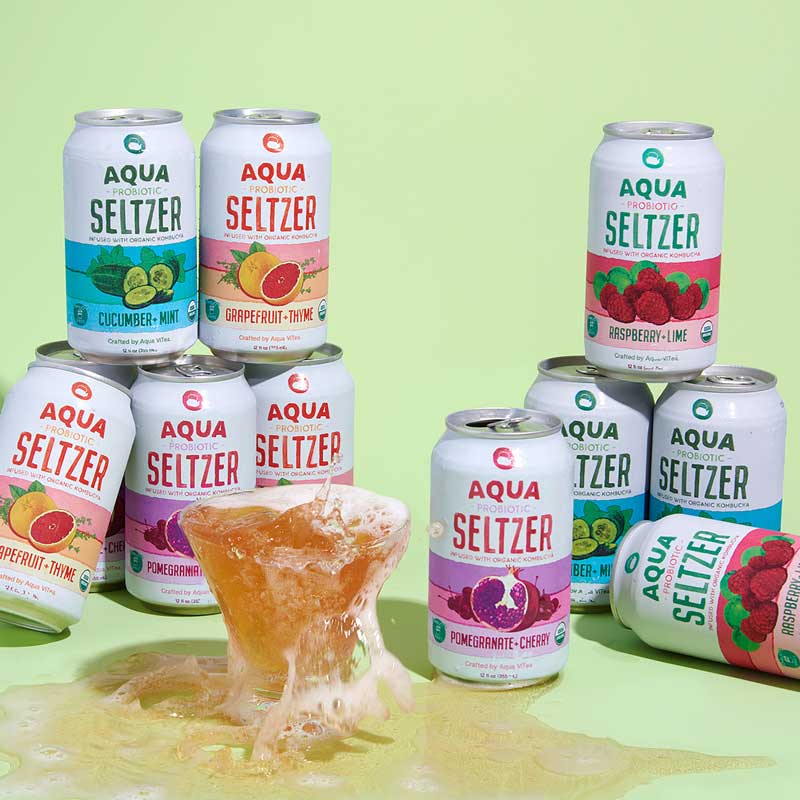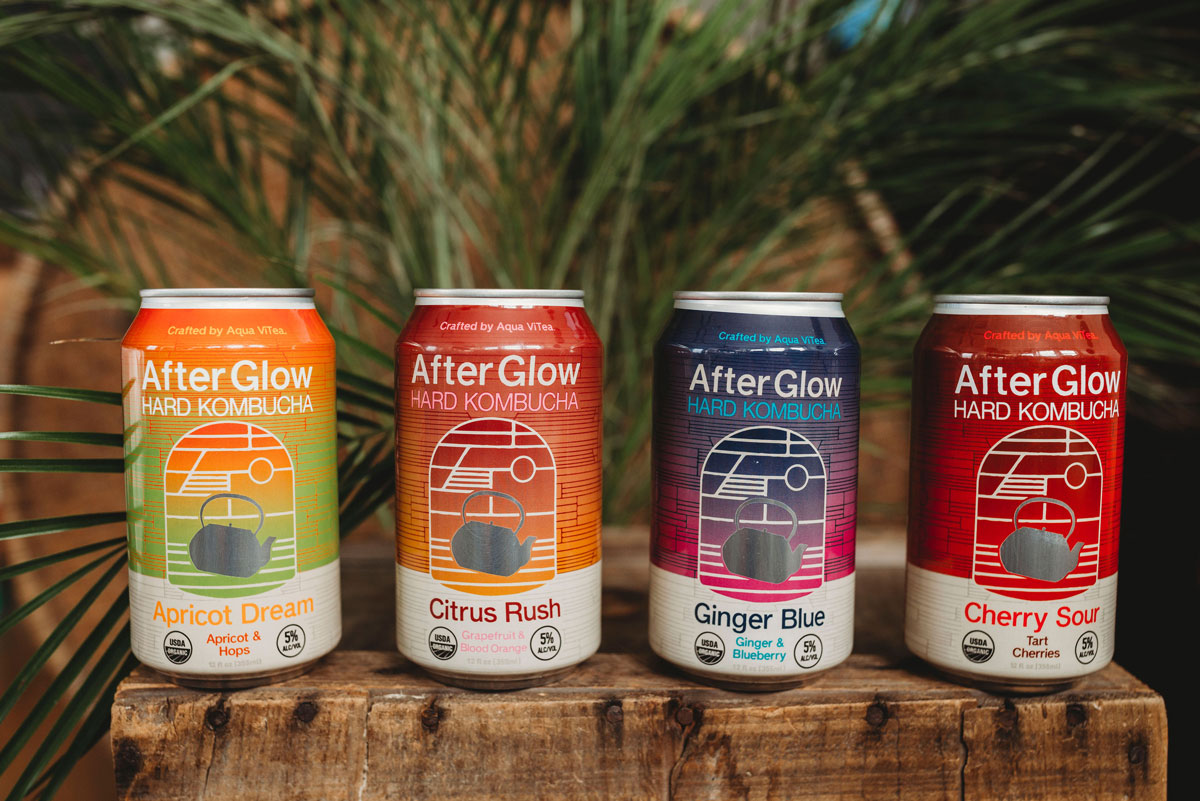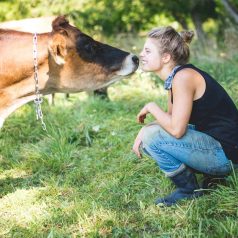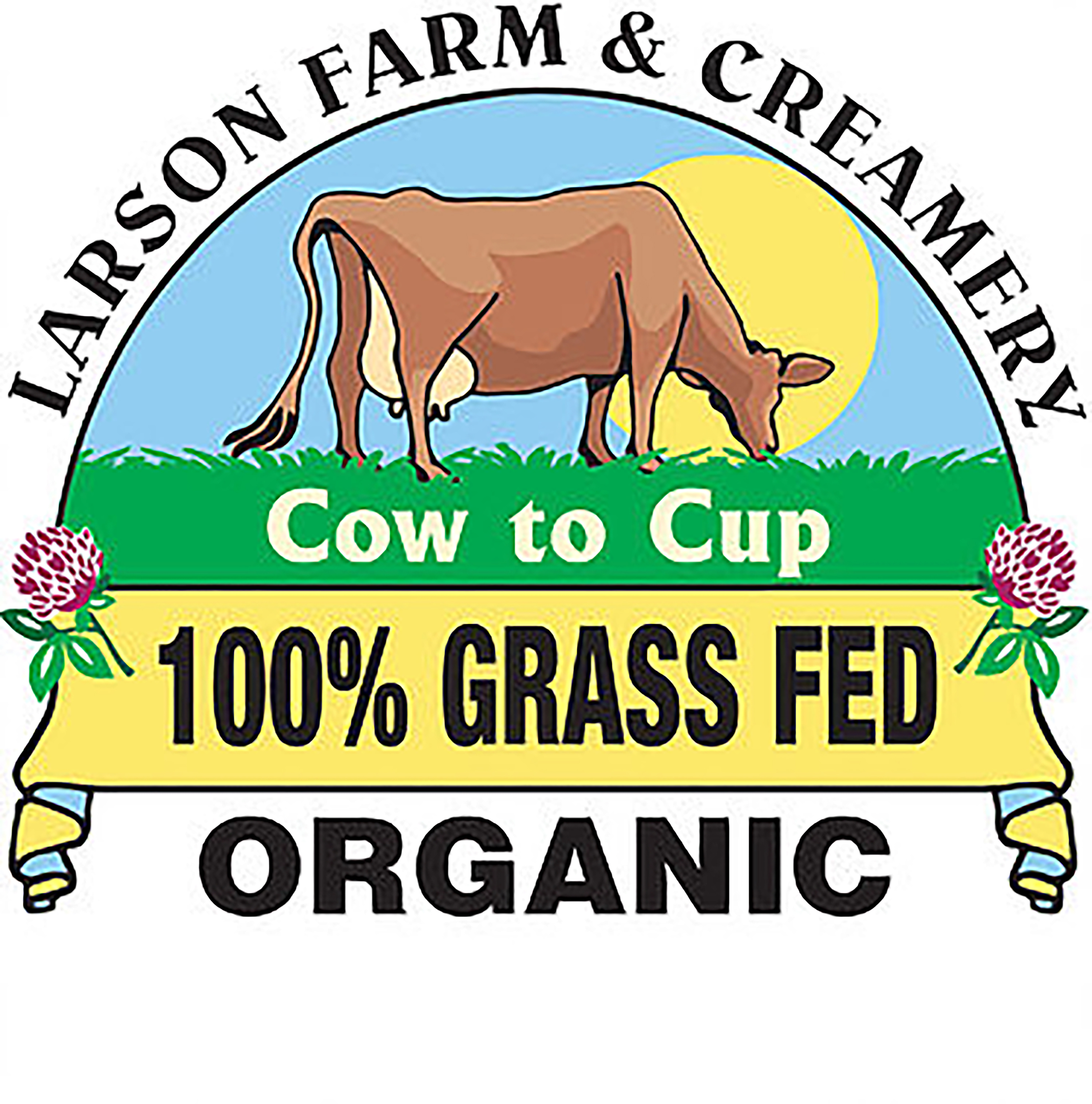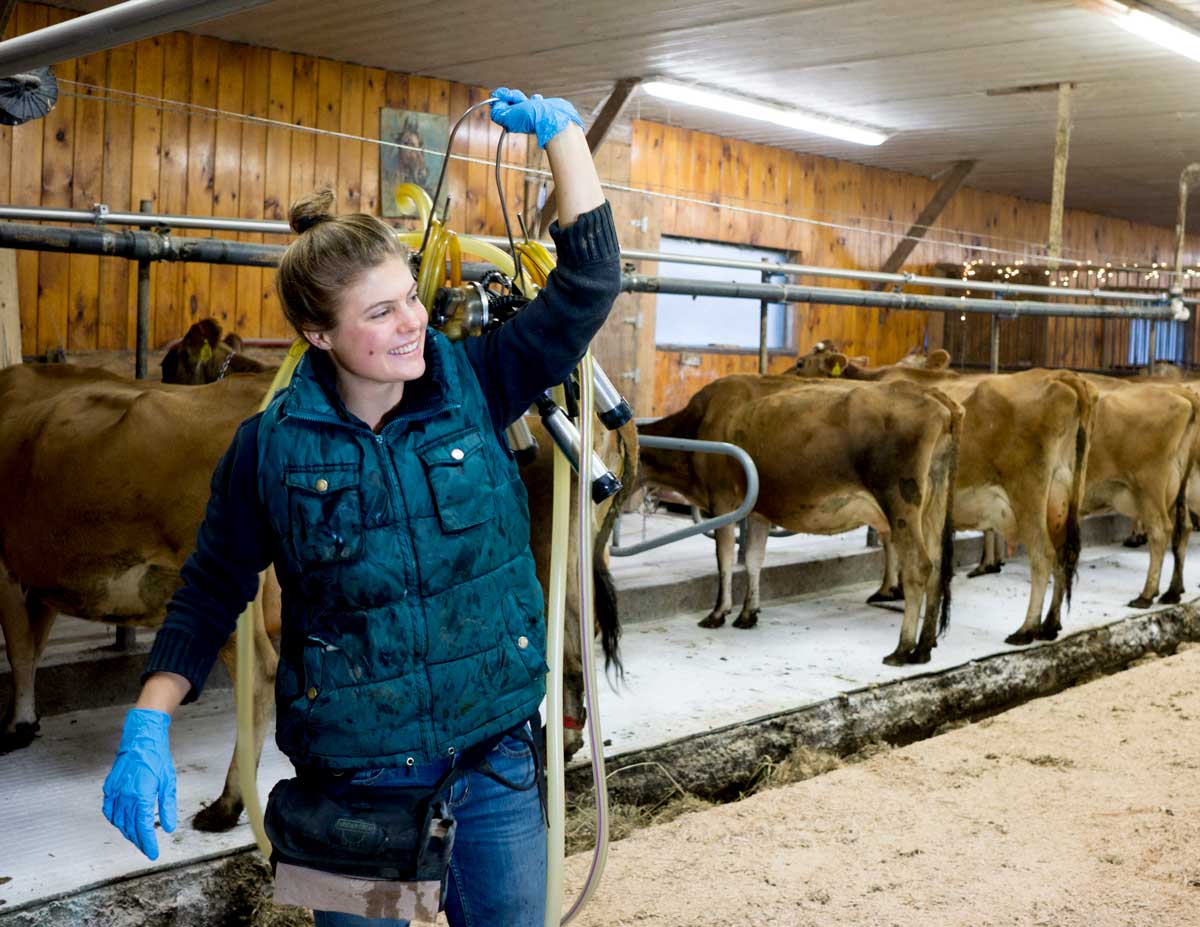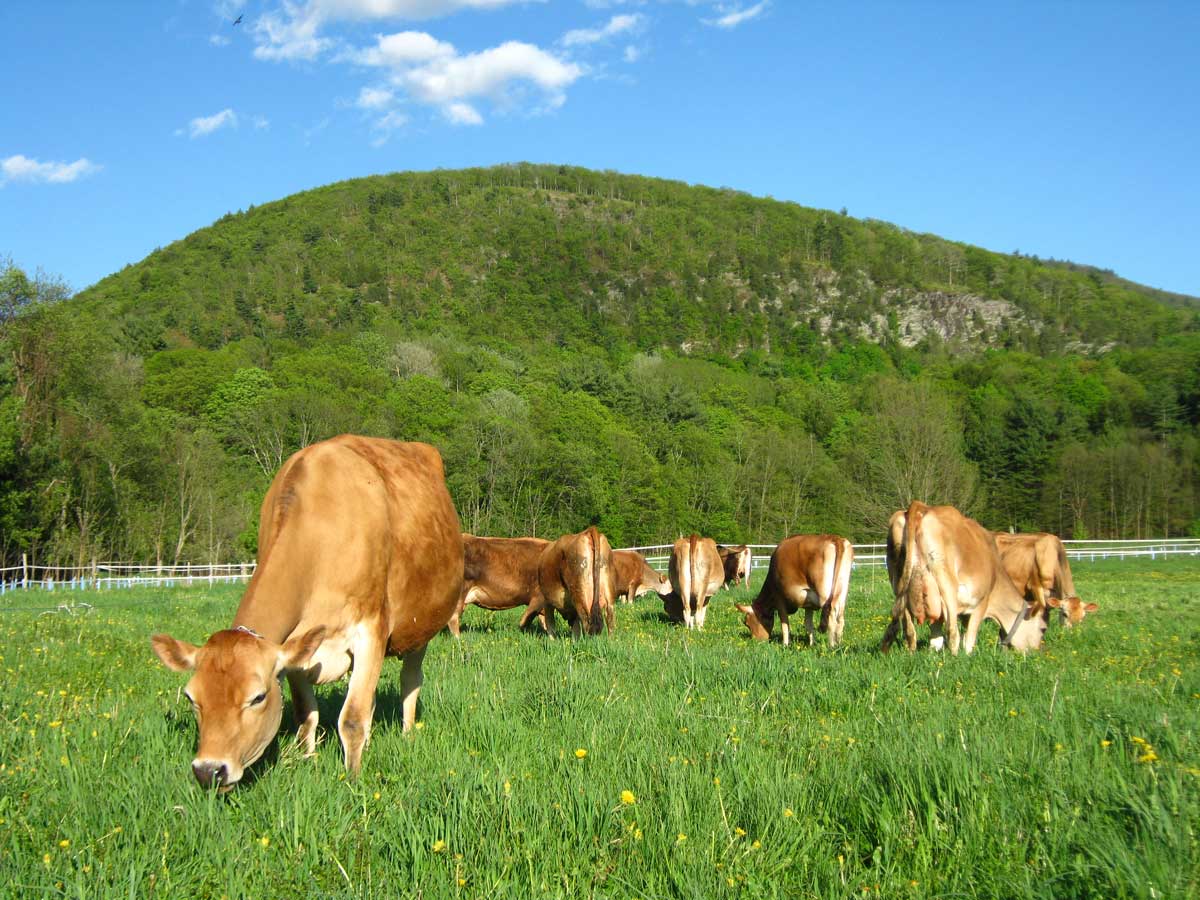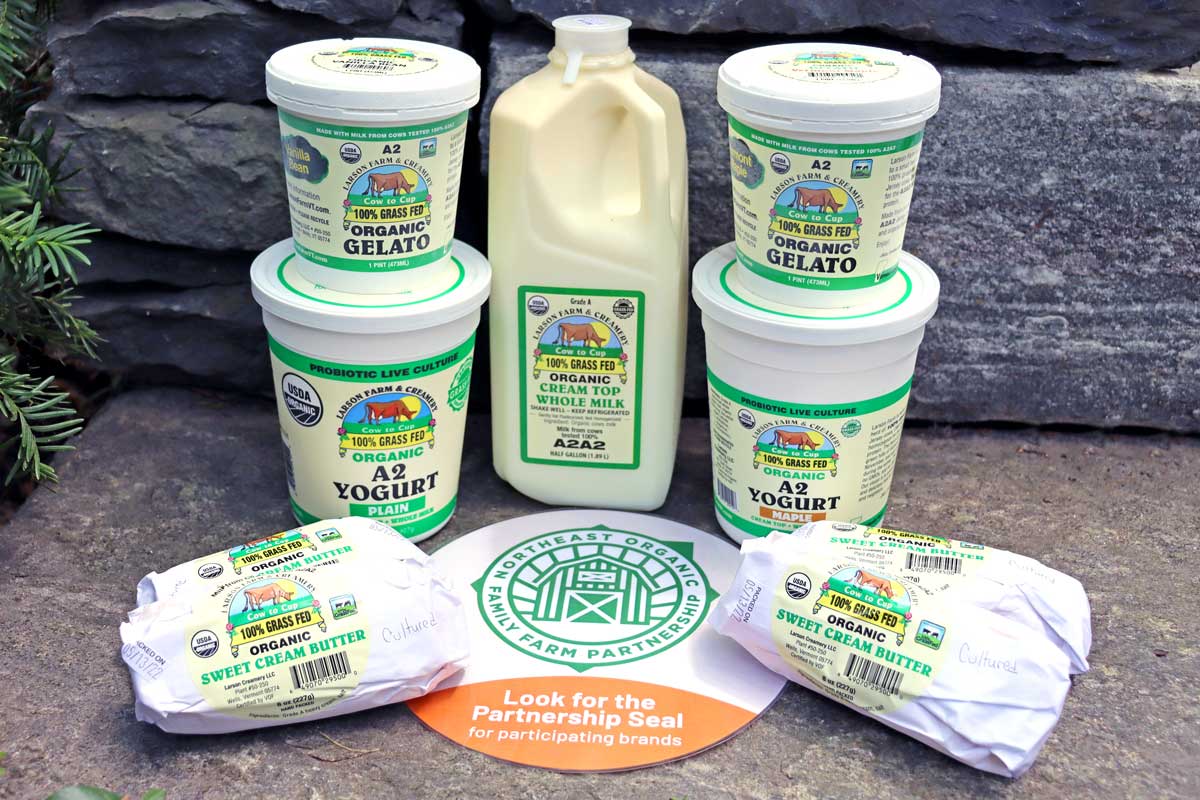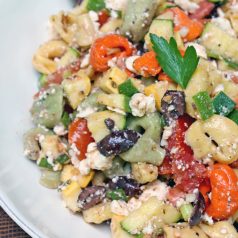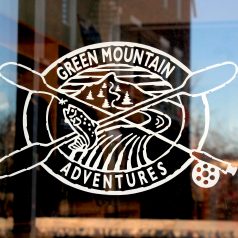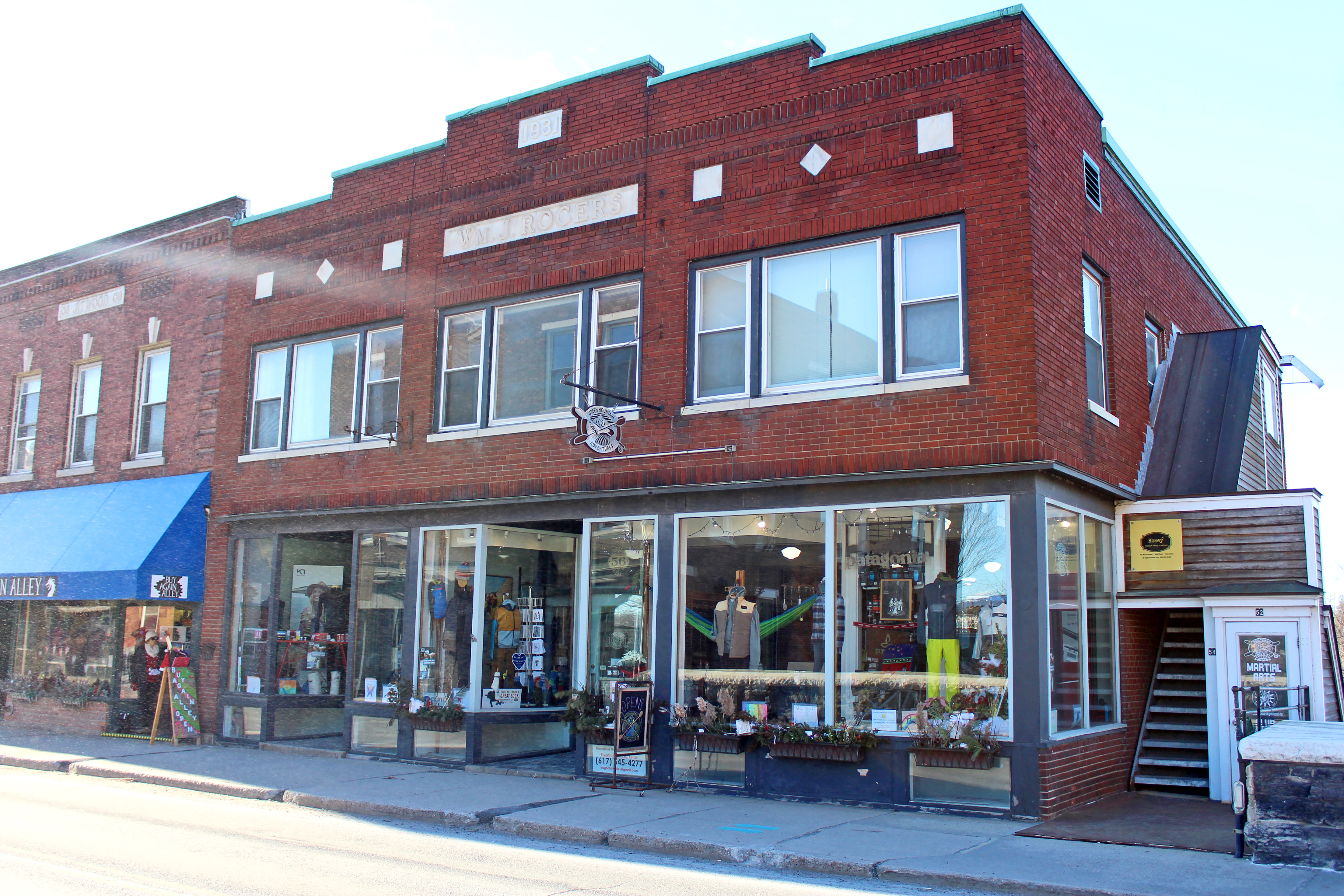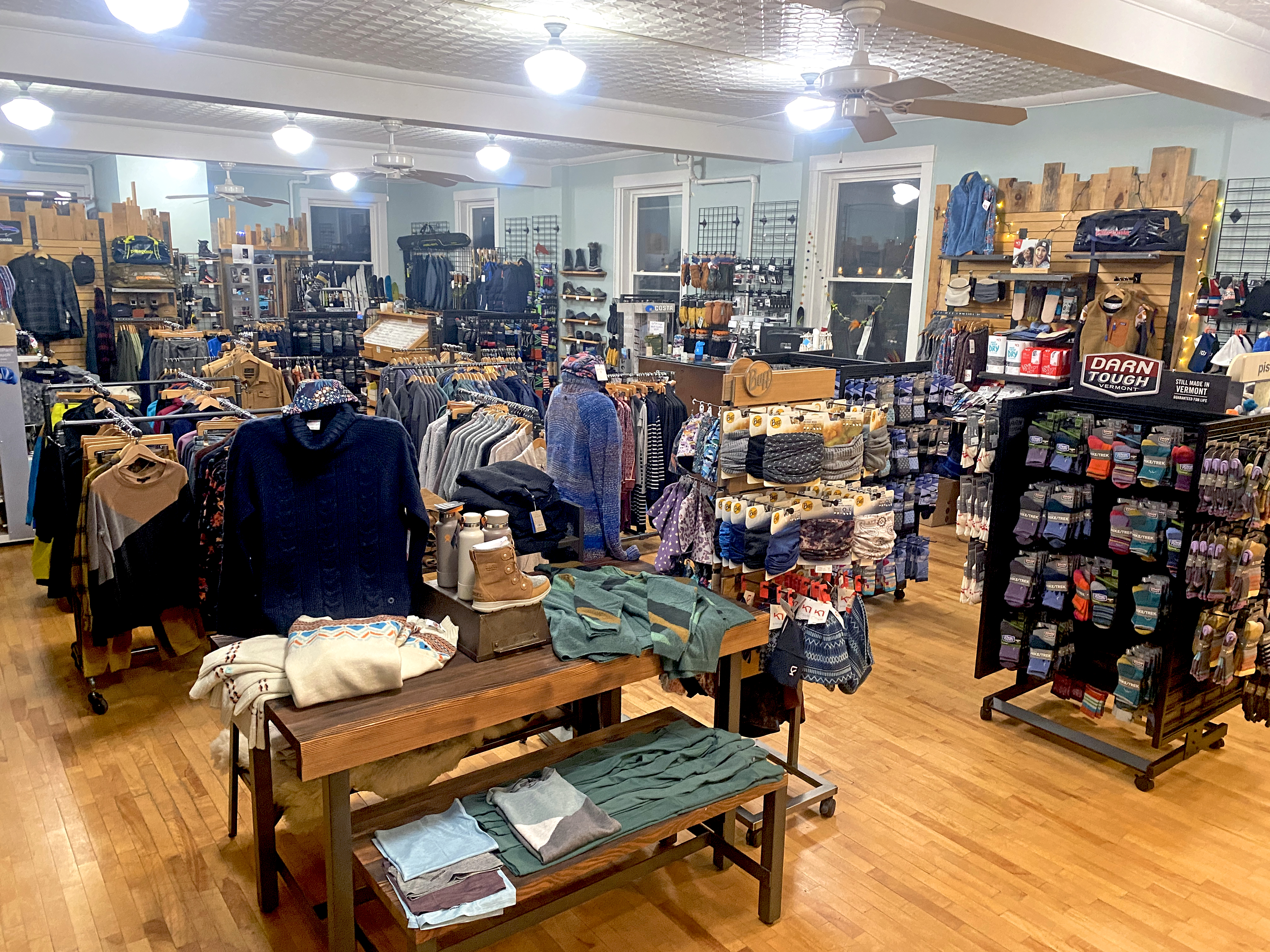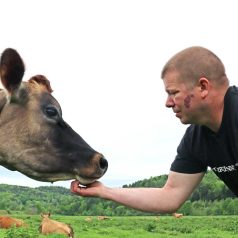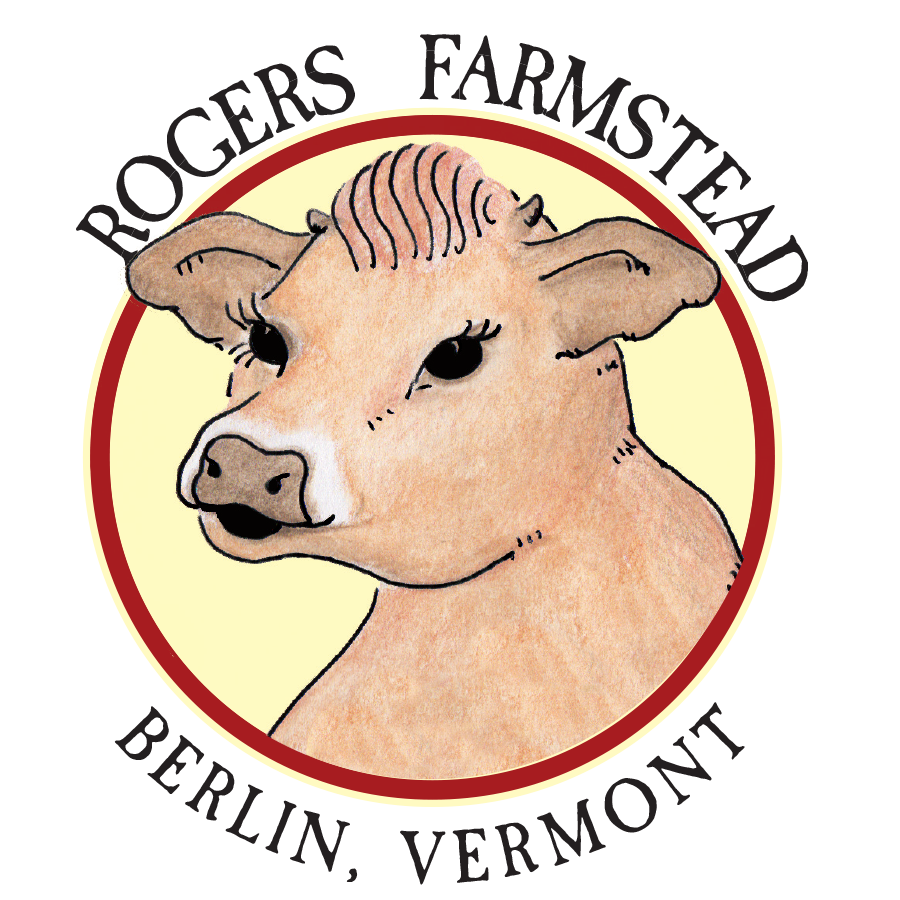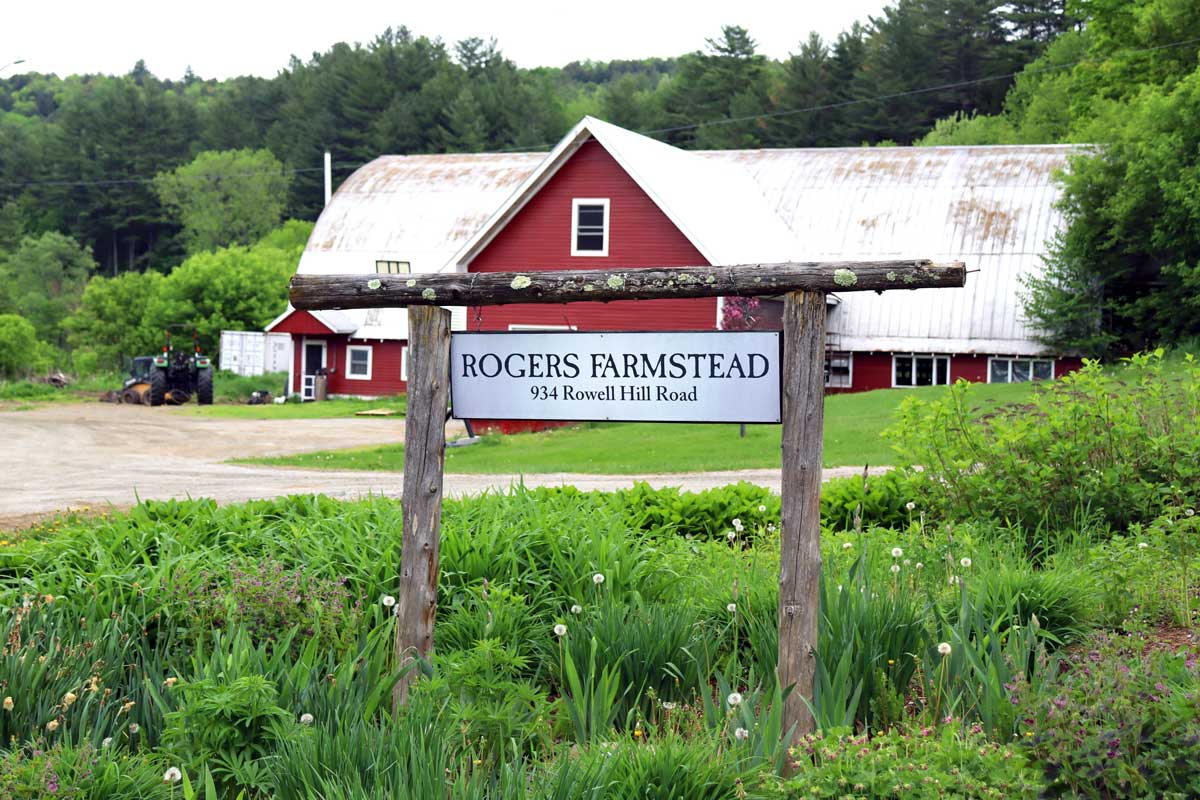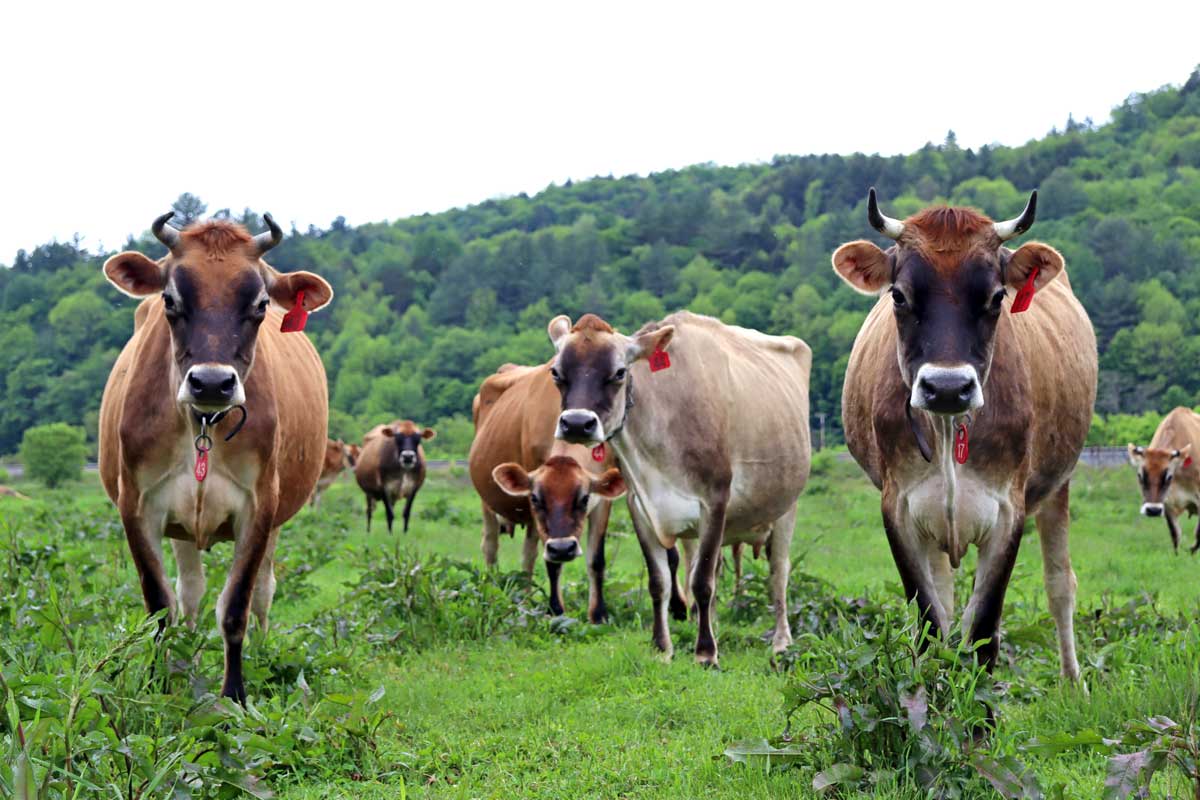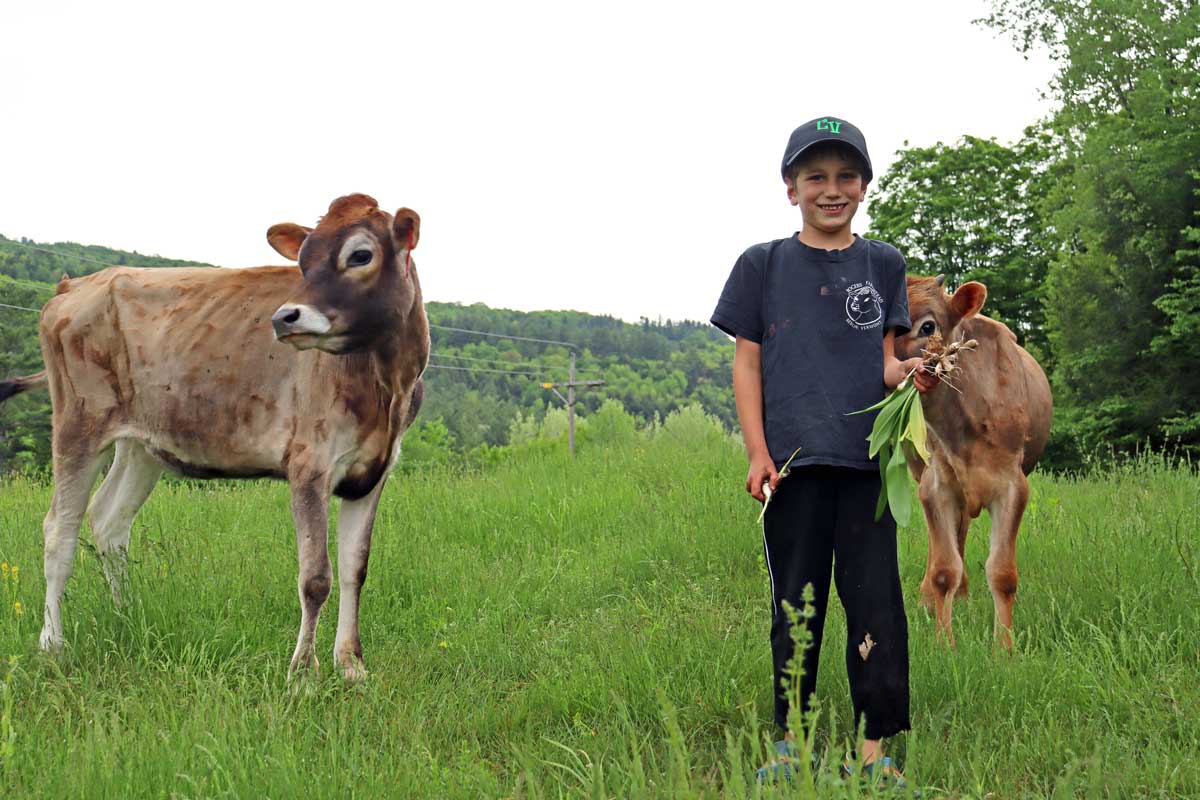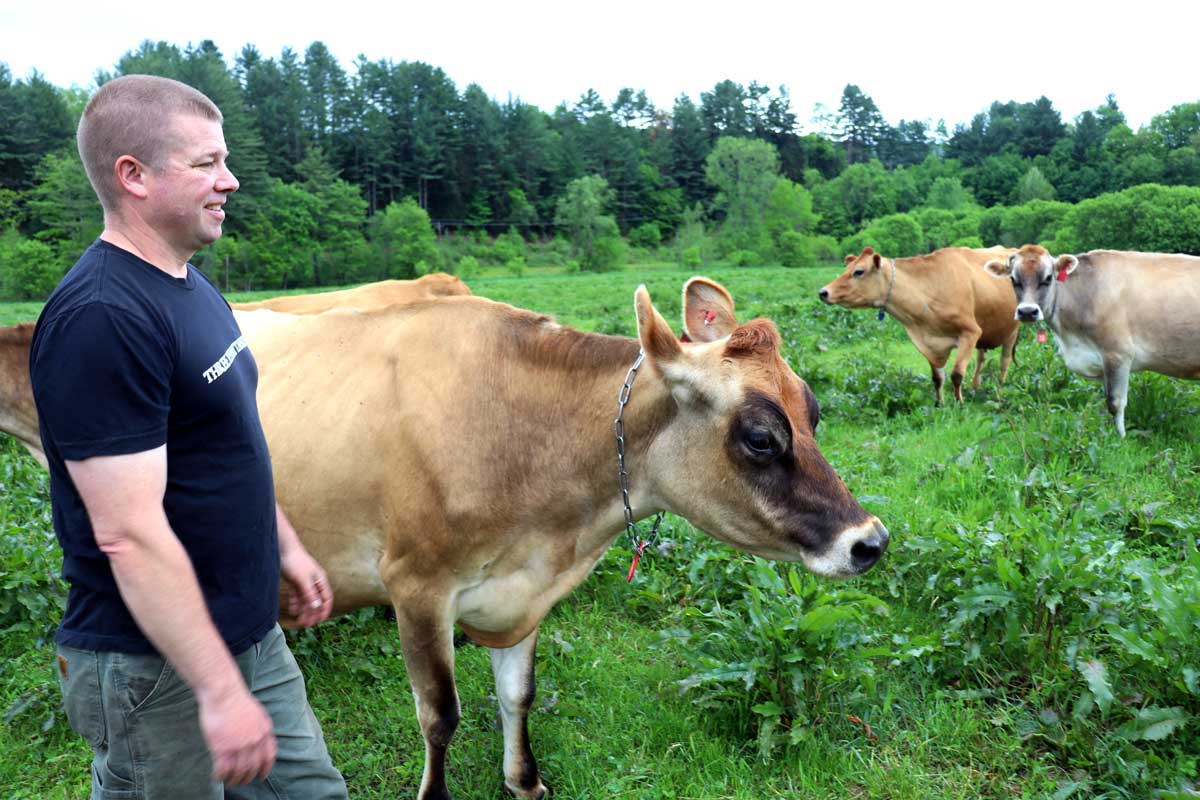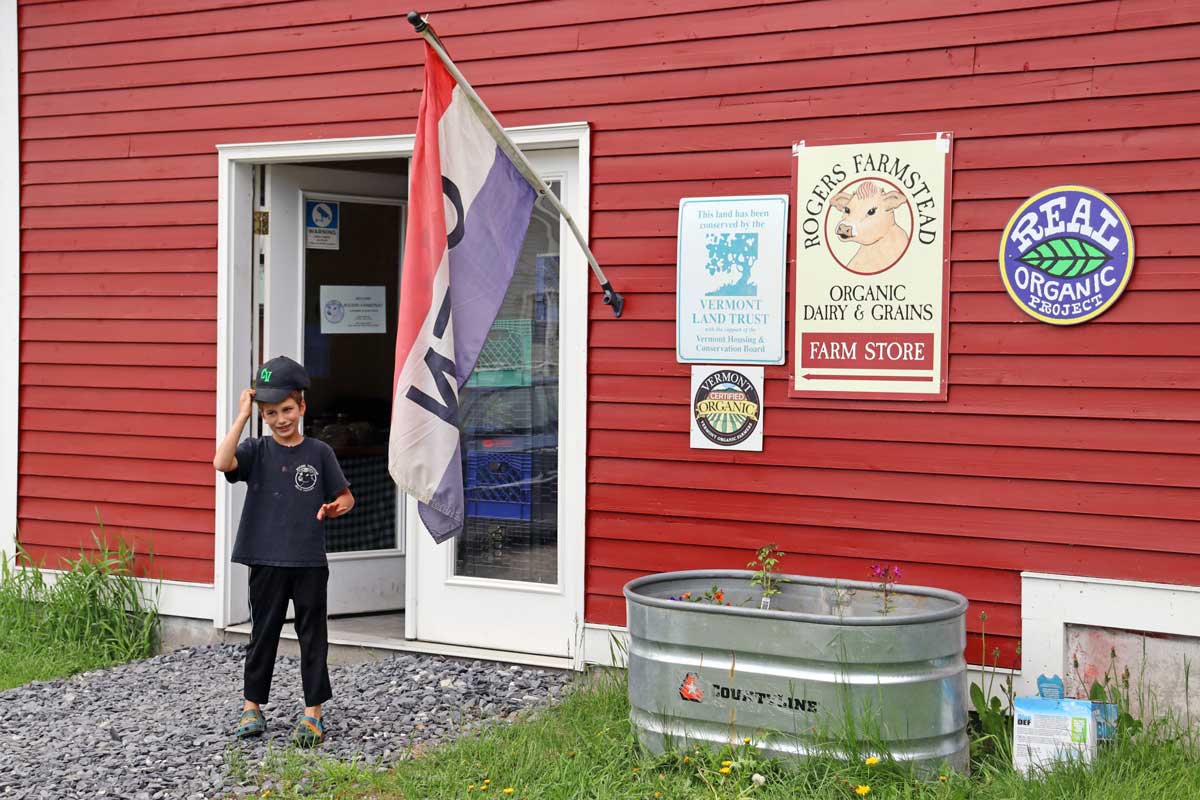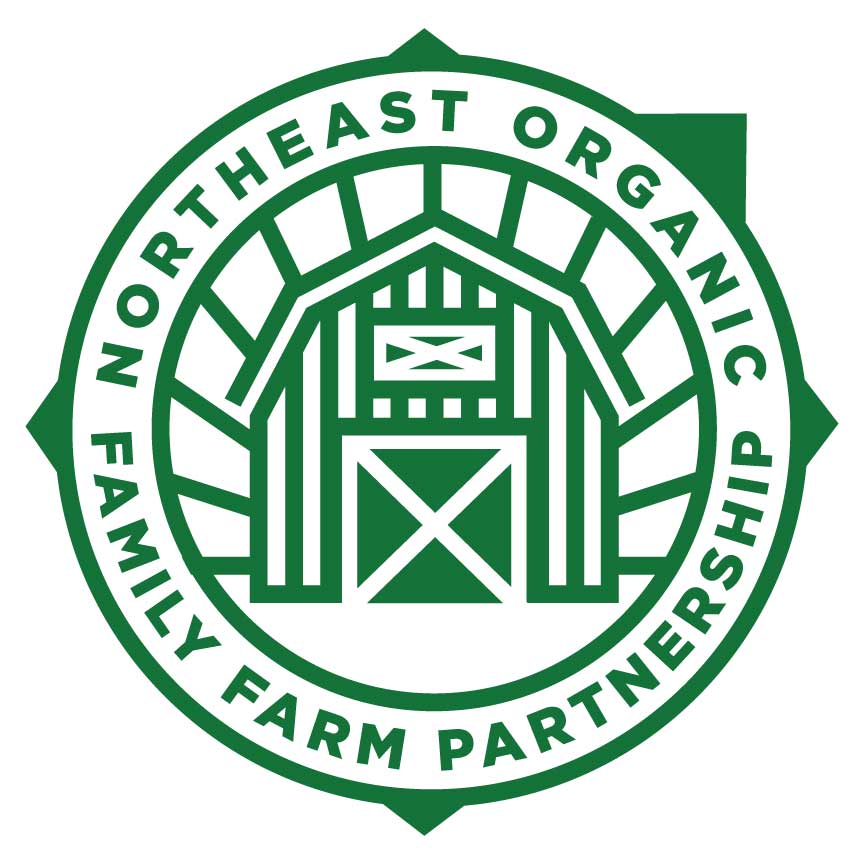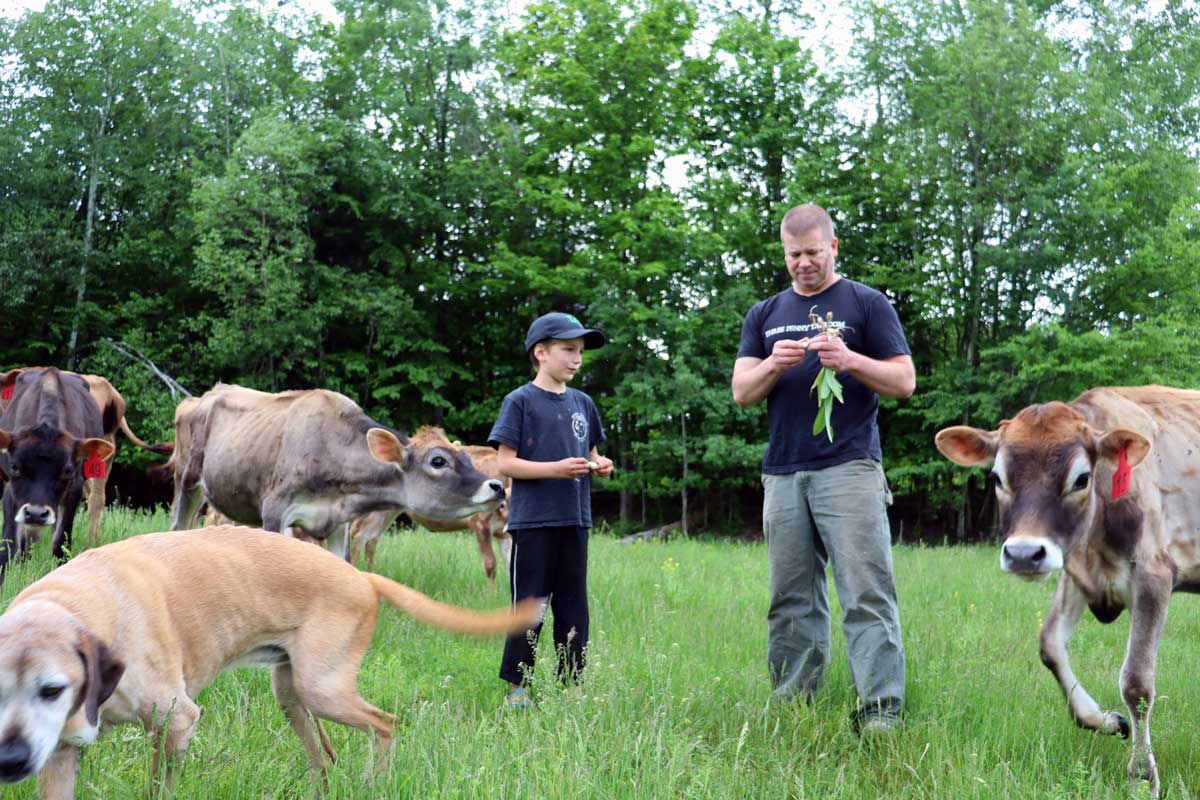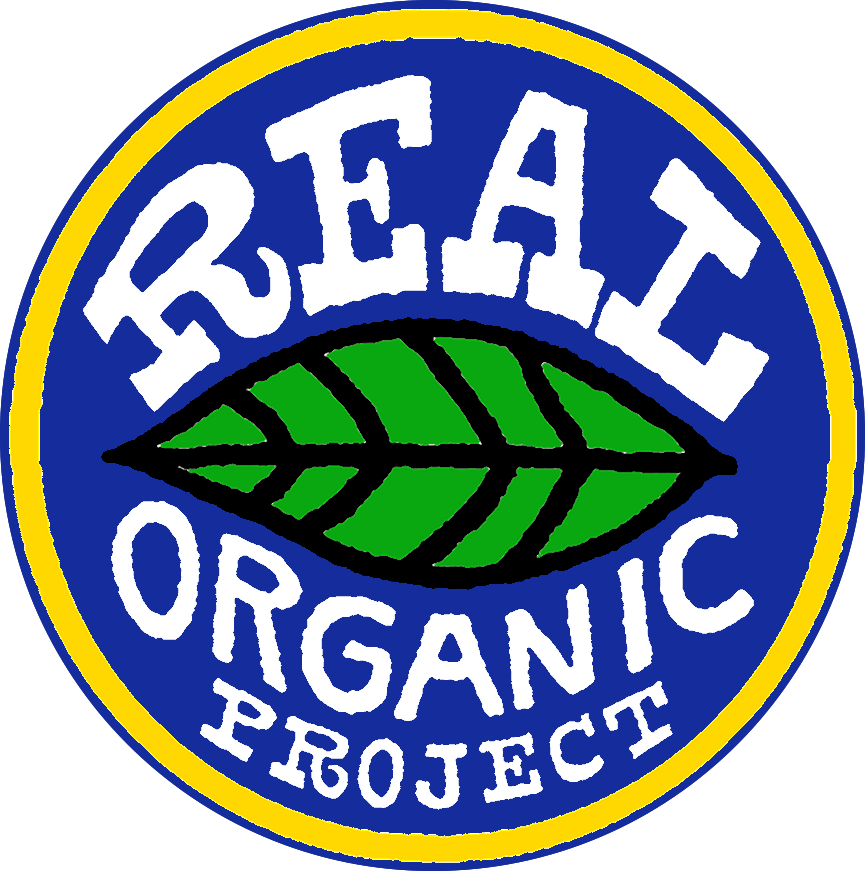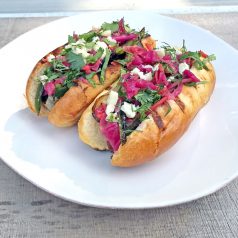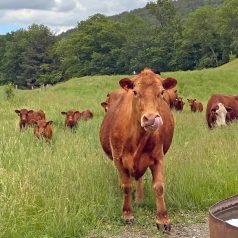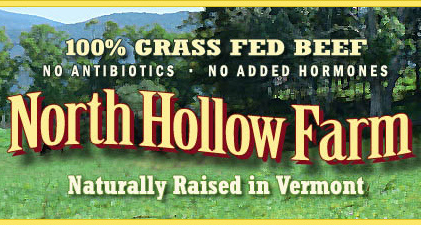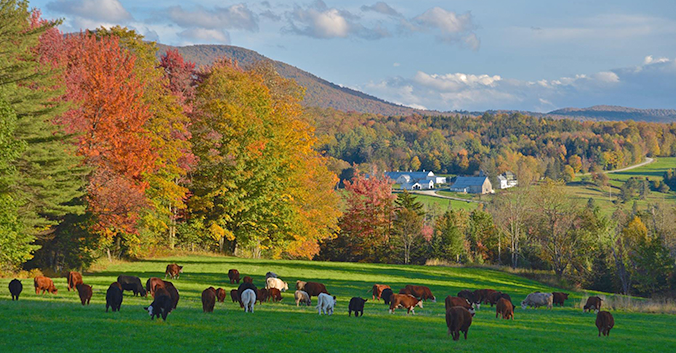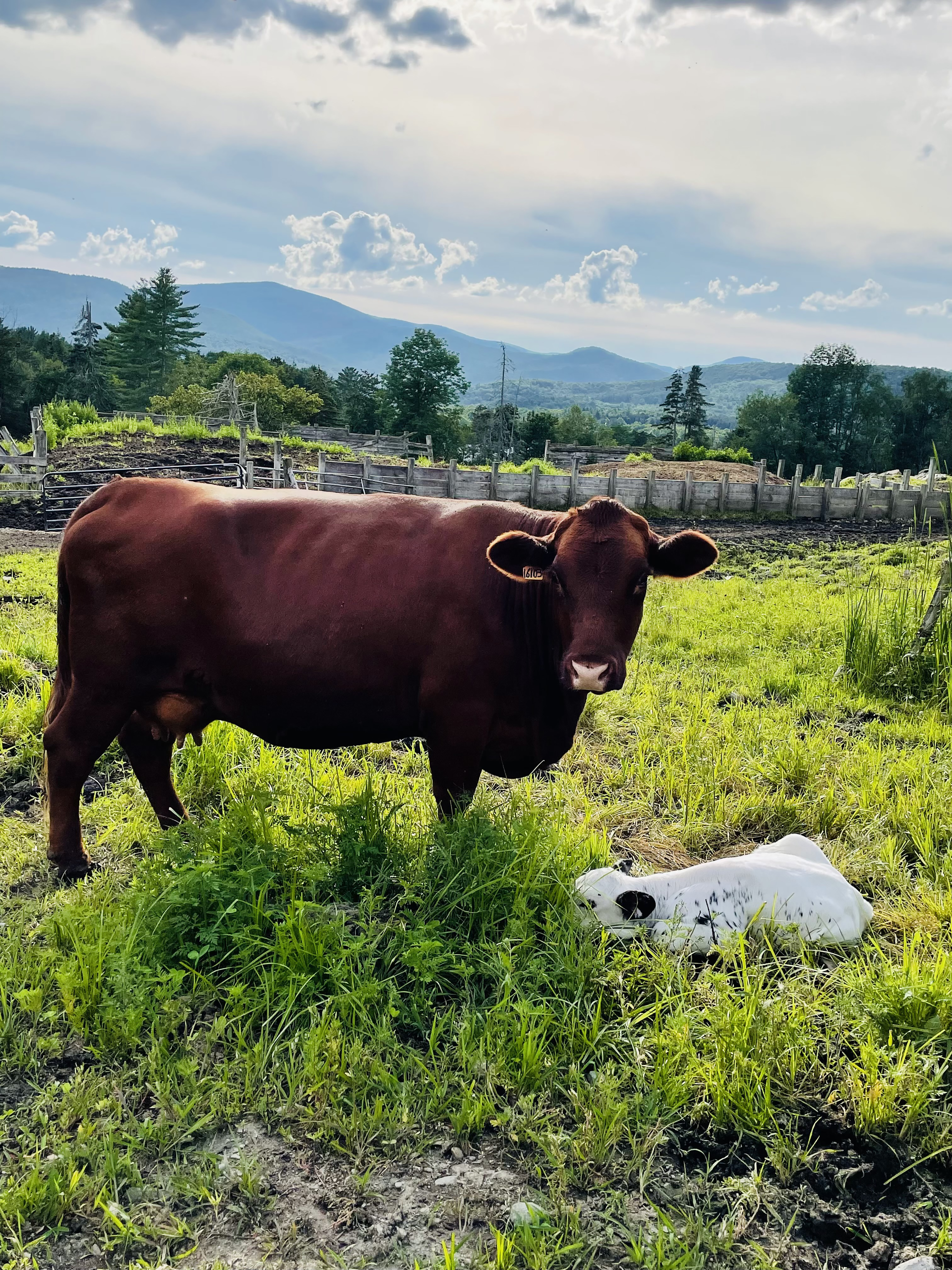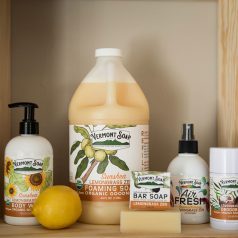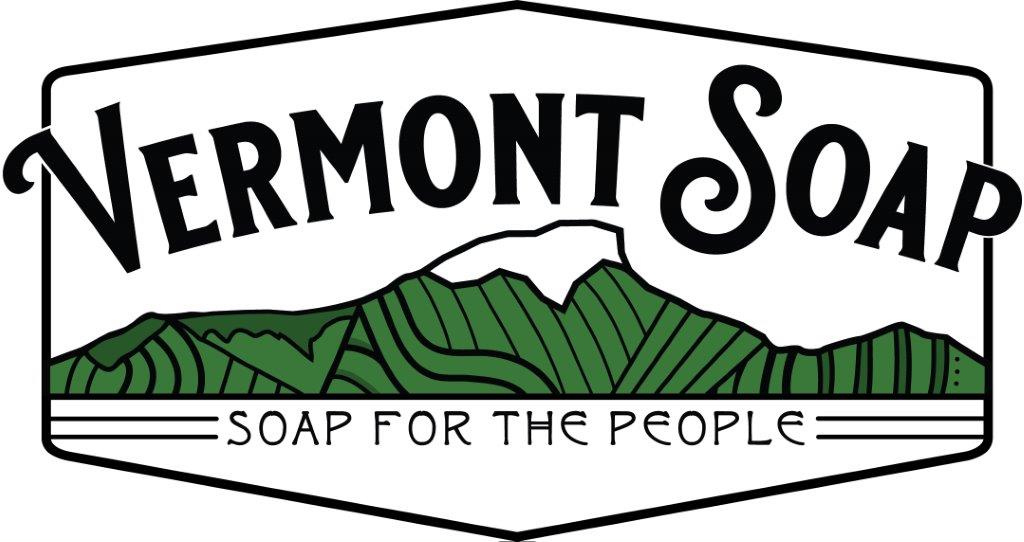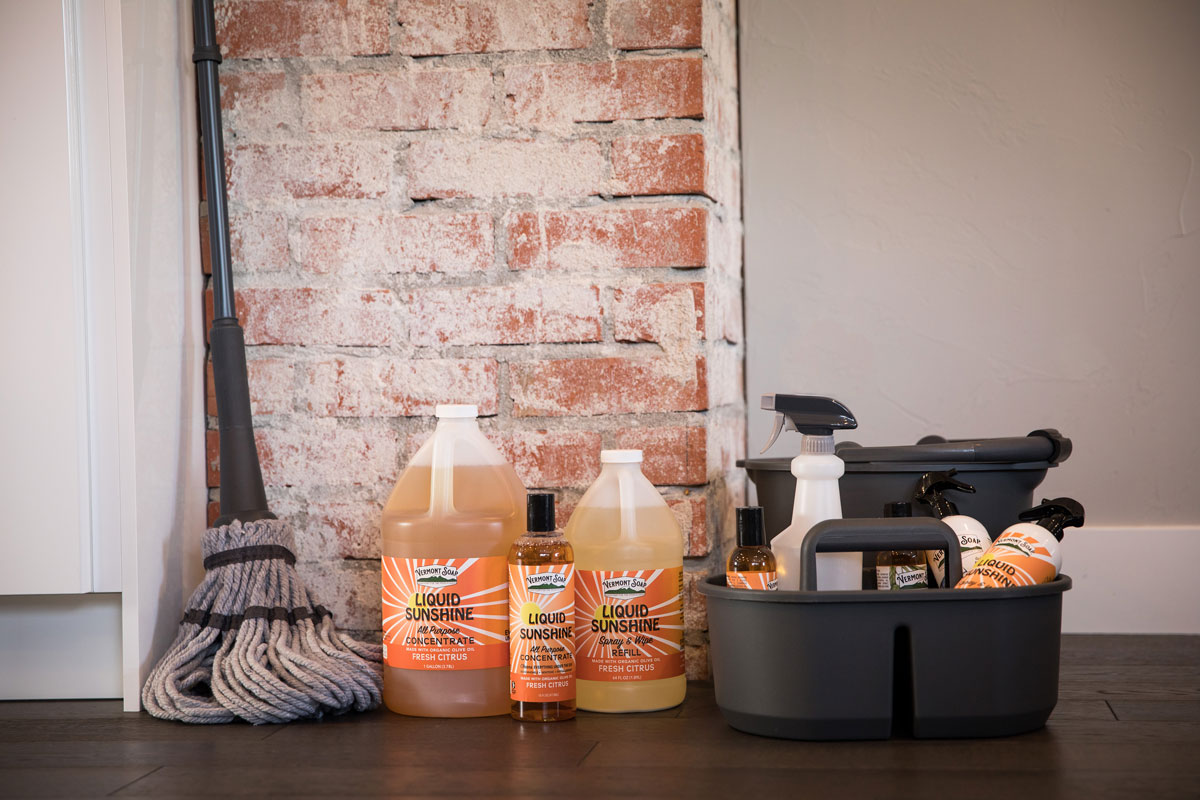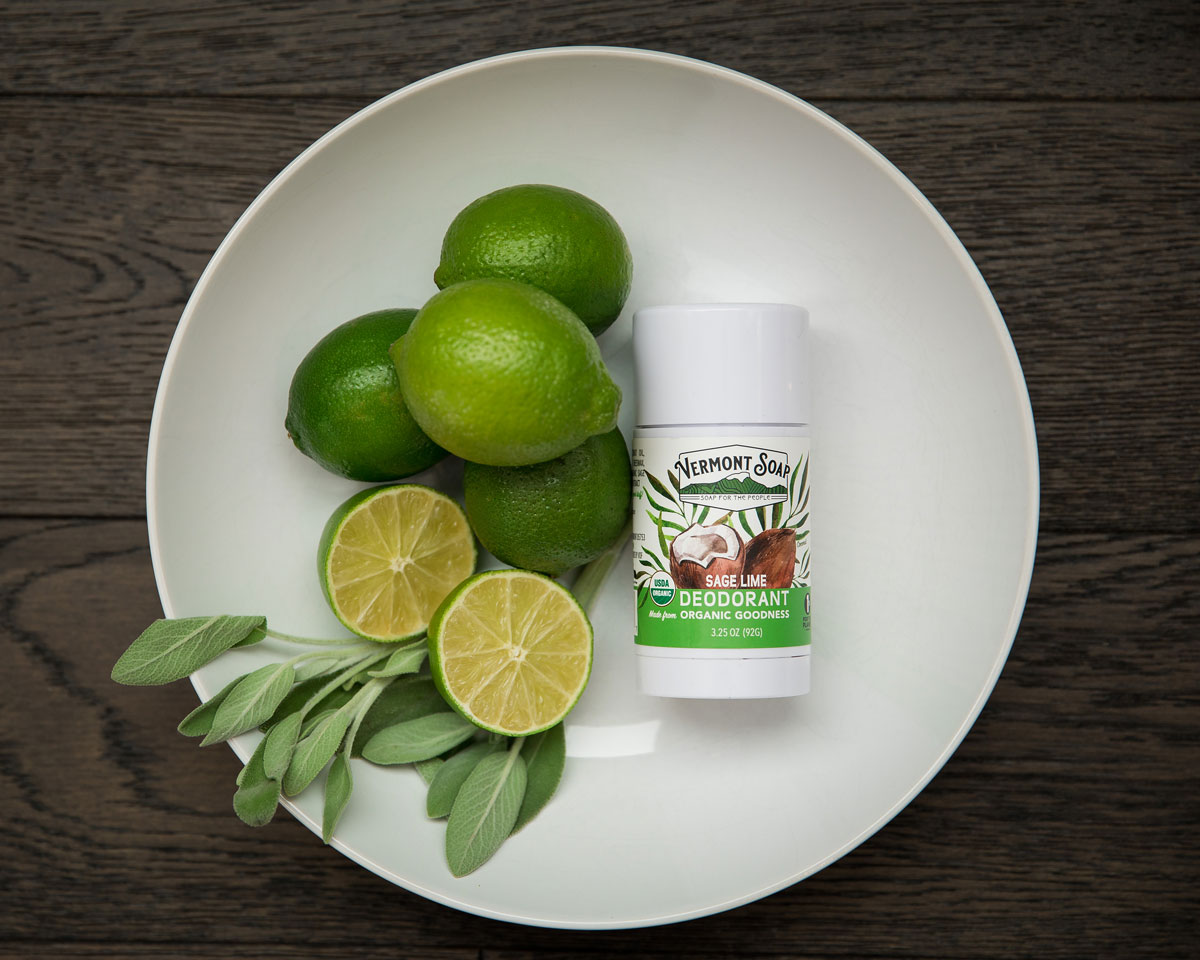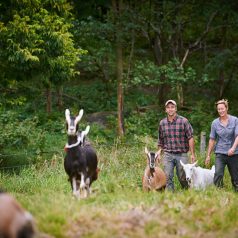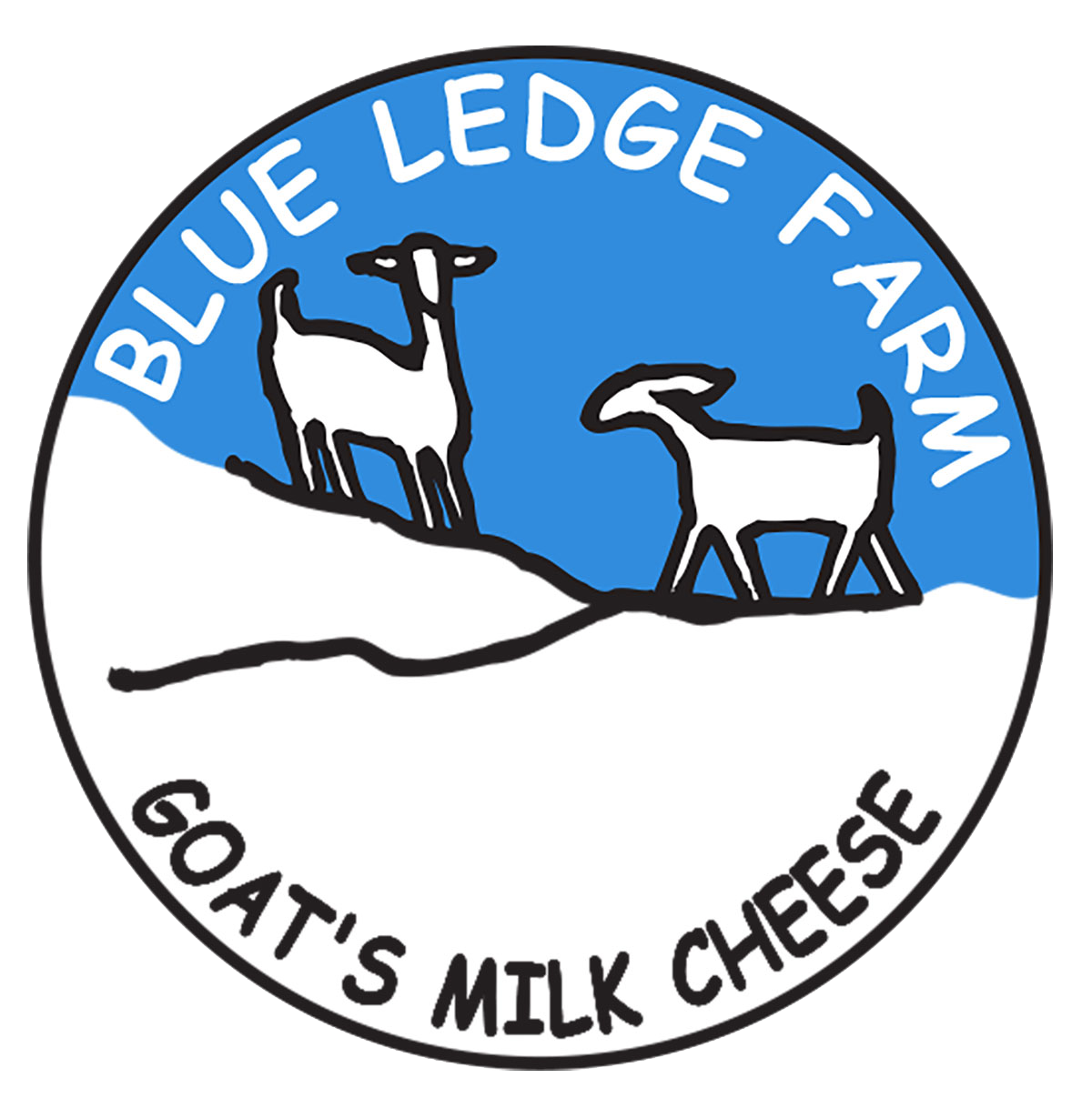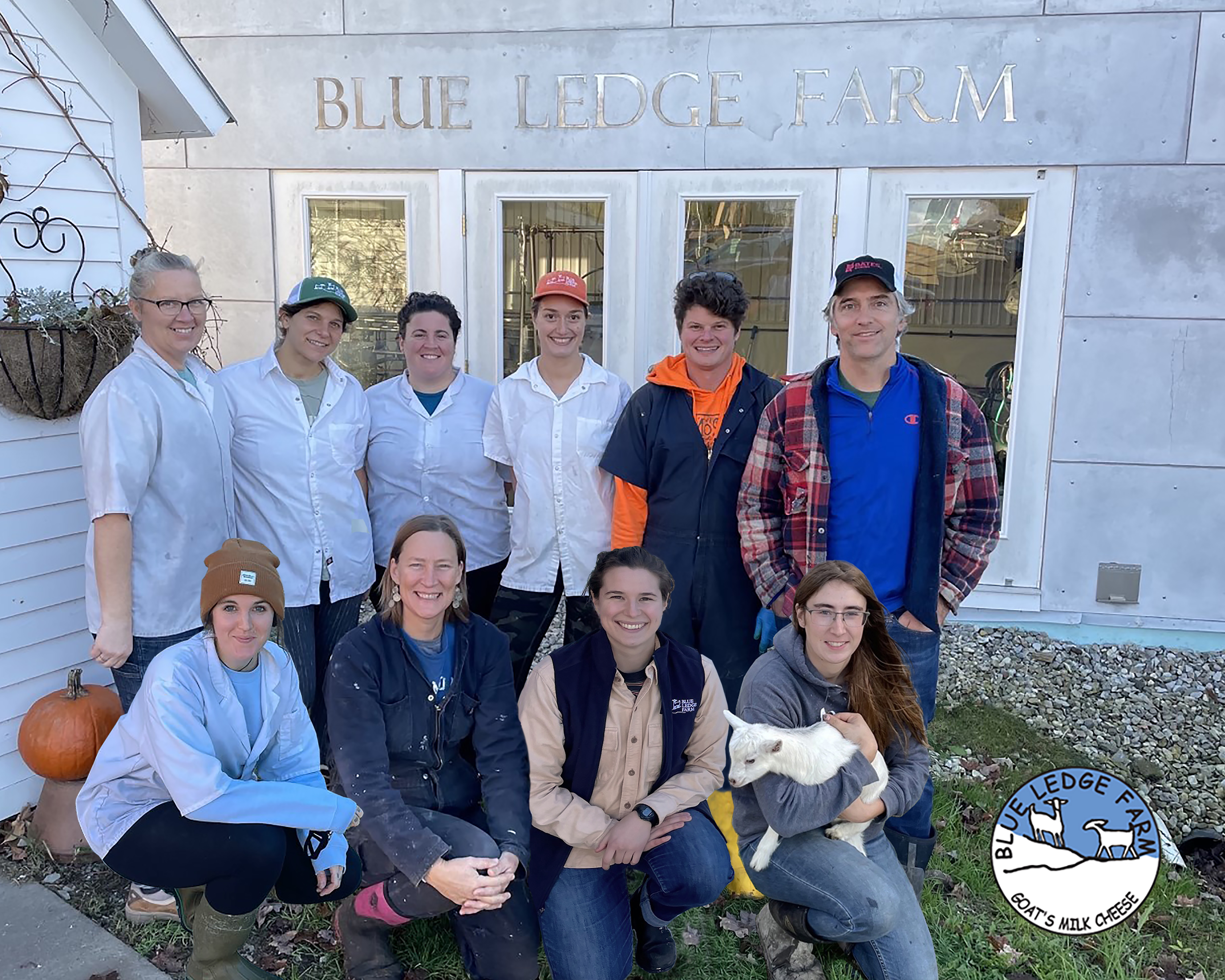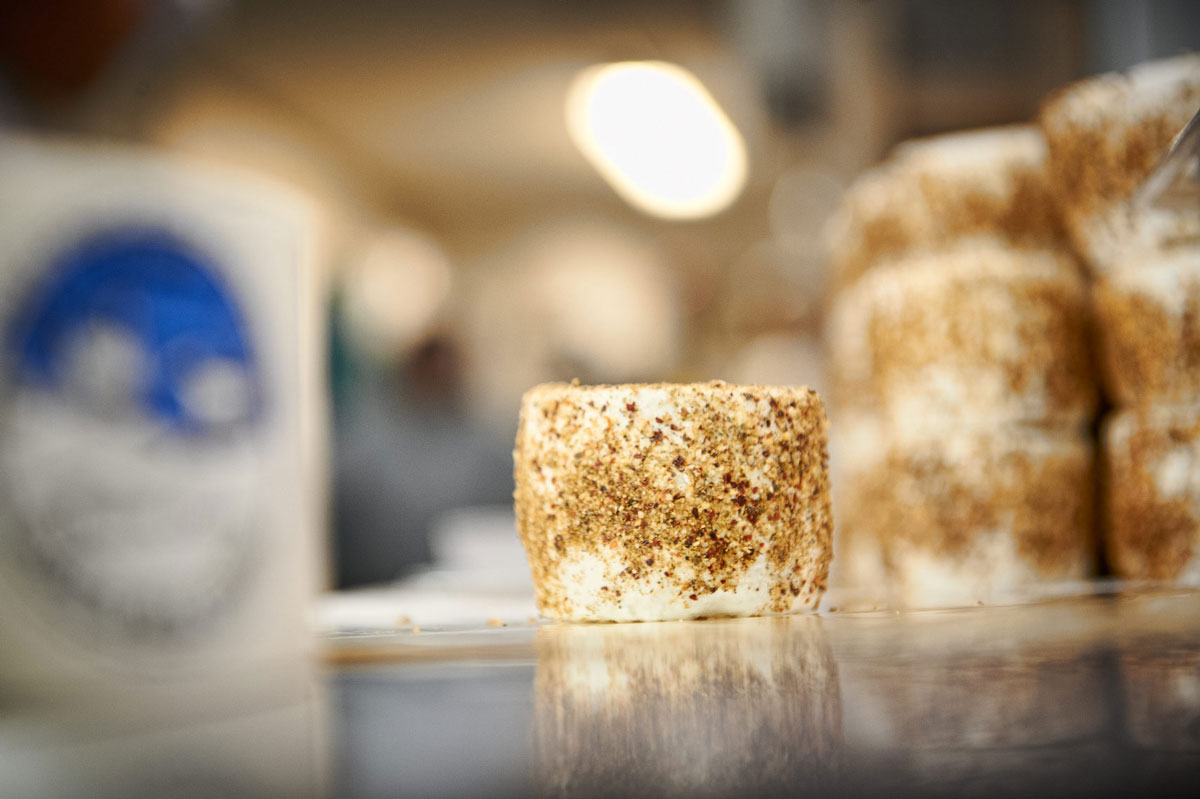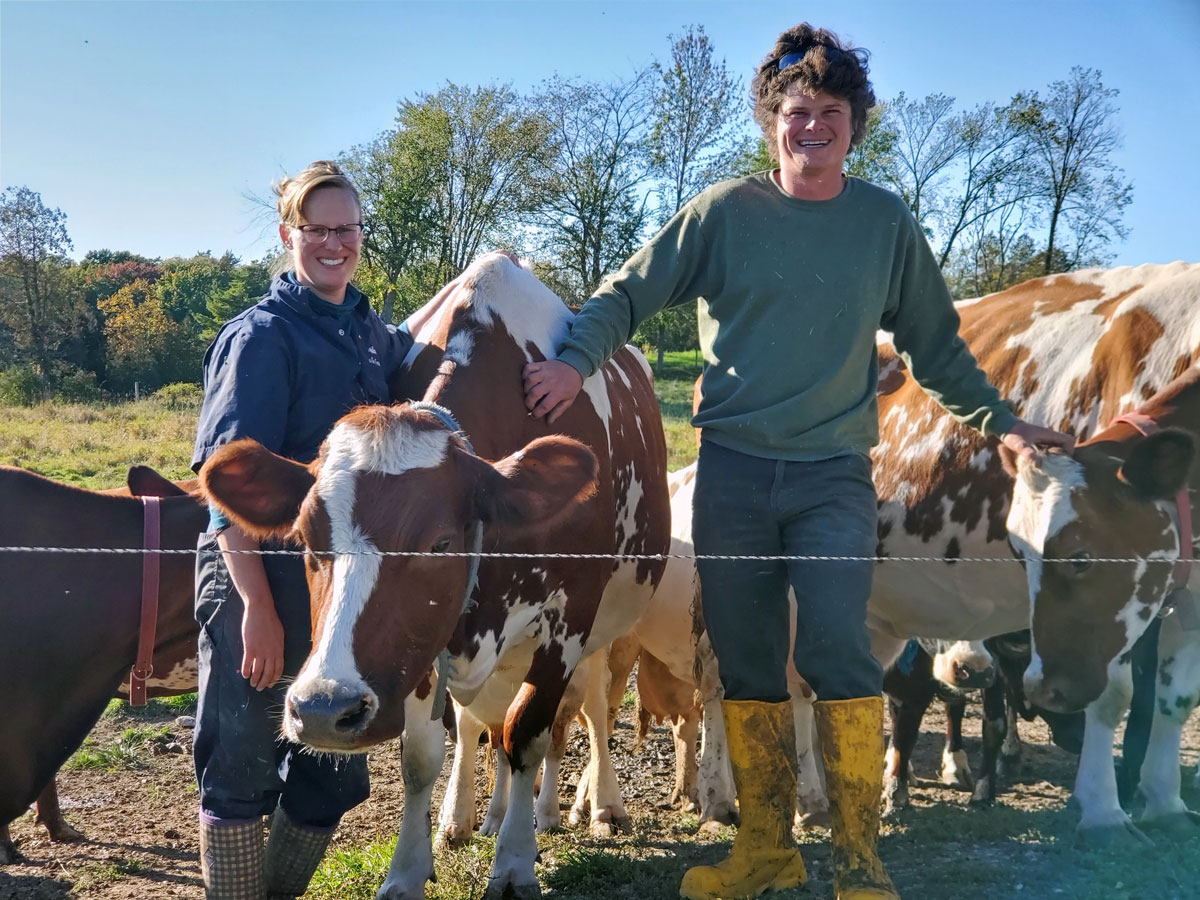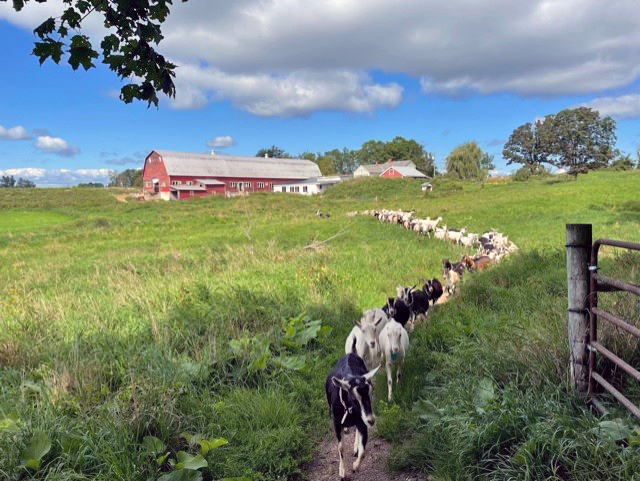
Featured Co-op Connection Business – Royal Oak and Lost Monarch
Great coffee shops offer more than a good cup of joe, they provide a pleasant sensory experience for their patrons. It’s hard to deny the allure of the aroma and energy emanating from a great cafe. Whether you’re looking for a relaxing space to pull a caffeine-fueled remote work session or you’re seeking an inviting atmosphere to meet up with friends over a great cup of locally-roasted coffee, we invite you to check out Royal Oak and Lost Monarch! These sister coffee shops are the newest members of our Co-op Connection lineup and they offer responsibly sourced, high-quality artisan coffee in a welcoming atmosphere along with a sweet 10% discount for card-carrying Co-op Member-Owners. Read on to learn more about these two vibrant local businesses named to the list of the nation’s best coffee shops by Food and Wine Magazine, and the family that brings them to life:

Armed with 20 years of combined experience in the coffee industry, Matthew and Alessandra Delia-Lobo opened the doors to Royal Oak Coffee on Middlebury’s Seymour Street in May of 2019. Six months later, they added a sister location, known as Lost Monarch in the Stone Mill Public Market in Middlebury’s Frog Hollow. The couple met in a Connecticut coffee shop back in 2011, so it only seems fitting that their lives together since then have revolved around a shared passion for coffee.
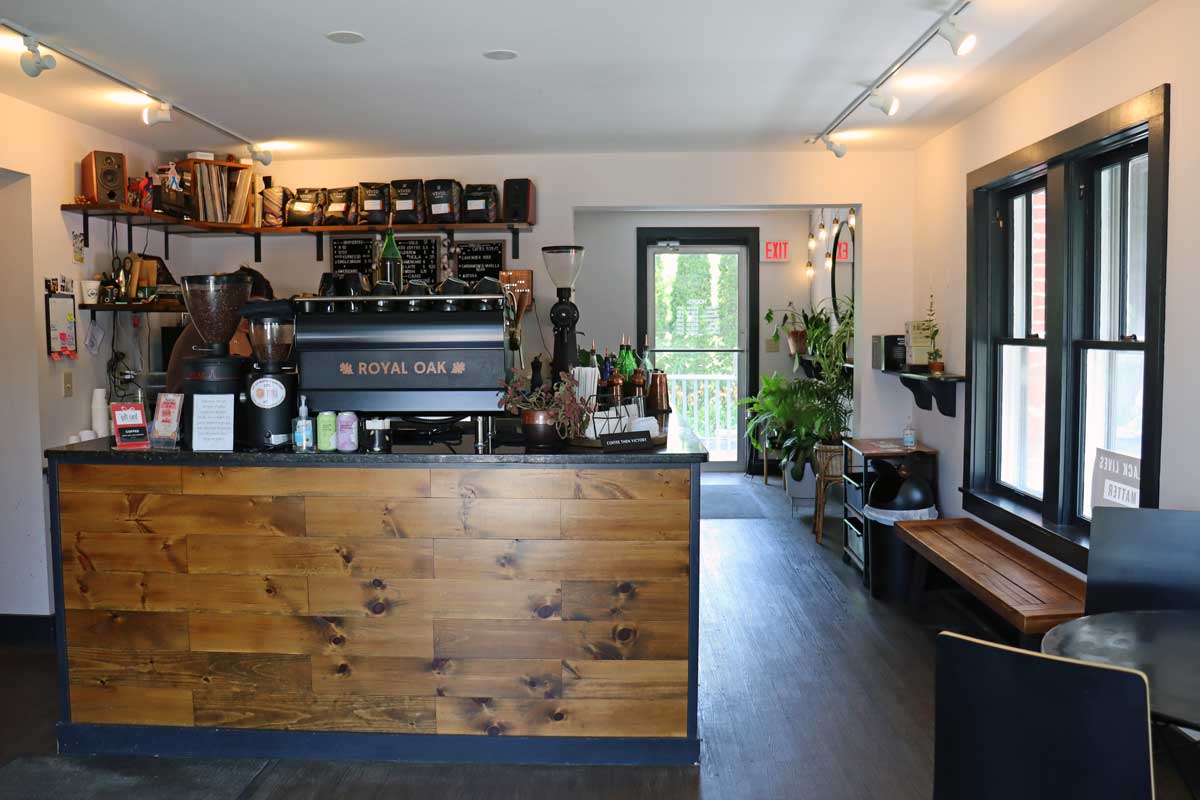

Despite having traveled the world exploring coffee and cafe culture from Boston to Italy to Sweeden and the UK, the couple (thankfully) chose unlikely Middlebury as the home for their shops. Why Middlebury? The couple shares that over the course of six years visiting Matt’s mother, who lives here in Vermont’s shire town, they fell in love with the town, the pace, the gorgeous landscape, the kind people, and the sense of community. They decided it would be a great spot to settle, open up shop, and eventually start a family.
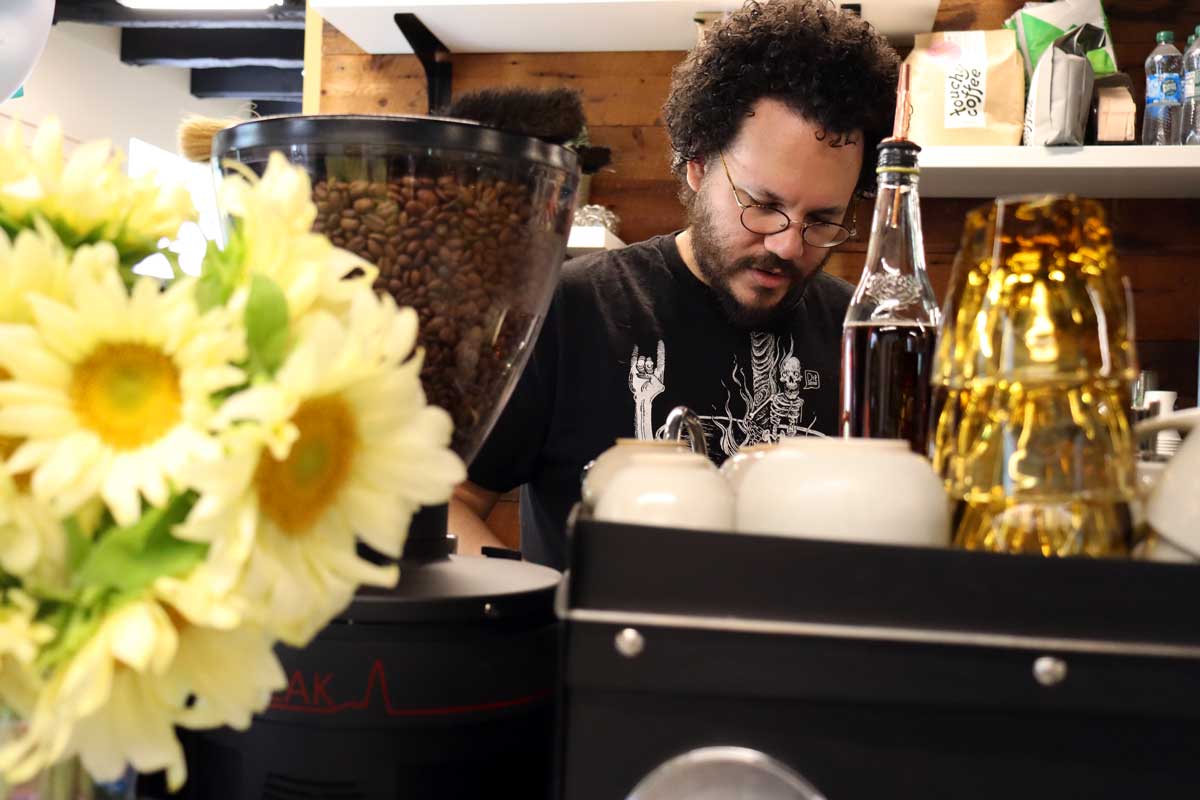
So, why two shops? As Seven Days describes it, “The two shops embody different versions of how Aless and Matt do coffee. Royal Oak is an approachable, unpretentious introduction to coffee nerdery with strong living room vibes, while Lost Monarch is an exploration of tasting profiles and rotating micro-roasters amid the bustle of the market, which also offers food, wine, books and more.” At Royal Oak, Matt and Aless exclusively feature beans roasted in Winooski, VT, by Vivid Coffee Roasters. At Lost Monarch, they explore a different model, using a rotating roster of guest roasters, including Woodstock, VT’s single-origin-focused Abracadabra Coffee. Regardless of the roaster of choice, the couple prioritizes supply chain transparency and equity. They feel that the agricultural roots and vibrant local food scene in Addison County foster a community that understands the importance of supporting specific farmers and sustainable methods of production.
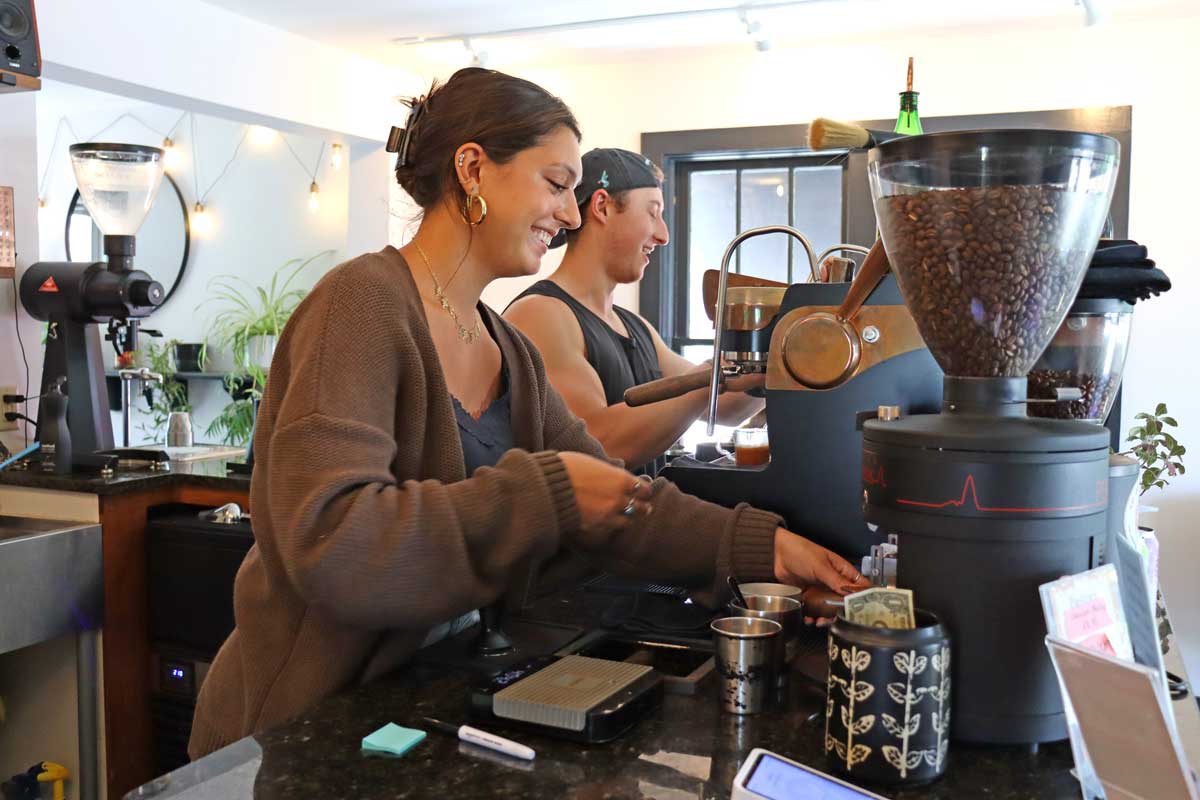

As for the names of their cafes, Aless shares that the Royal Oak moniker was a nod to her late father’s business — a reference to the tree where Charles II of England hid during a battle. Lost Monarch, a sequoia in California’s Grove of Titans, is another celebrated tree that inspired the name for their second location. Both locations are artfully curated to create the kind of welcoming, unpretentious vibe that they feel is more in keeping with the rural Vermont scene. When the locations initially launched, Matt and Aless were a team of two, handling all aspects of the business and serving each cup of coffee with a conversation and a smile. This gave them the opportunity to introduce themselves to the community and get to know their patrons. As the business and their own family grew, they recognized the need to hire a small team to support cafe operations.
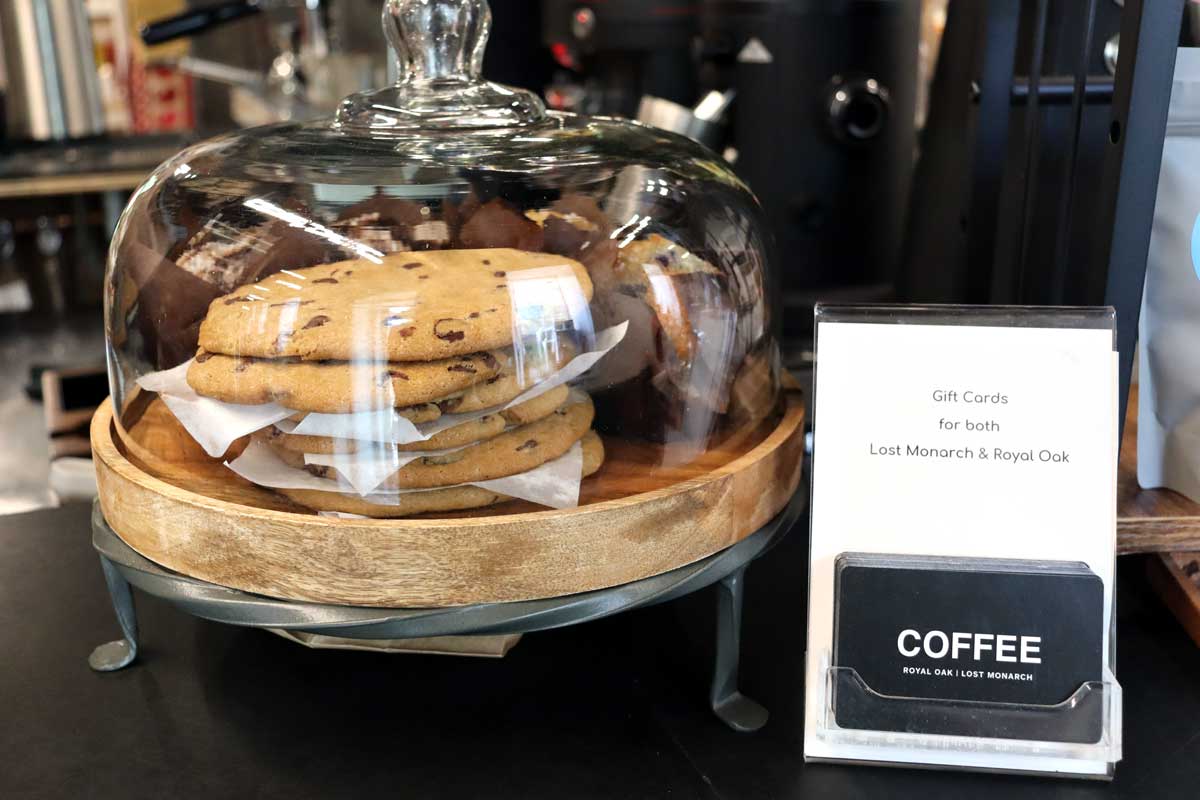
According to Aless, “our whole shtick is to do things intentionally, consider everything and be nice. That’s it. We want people to feel like they’re welcome, that their order isn’t wrong or bad because they want decaf or something with sugar in it.” And clearly, they’re onto something. Despite the challenges of opening not one but two new businesses in the midst of a pandemic, Matt and Aless have managed to keep both cafes afloat, keeping their community blissfully caffeinated and elevating the coffee conversation along the way.
